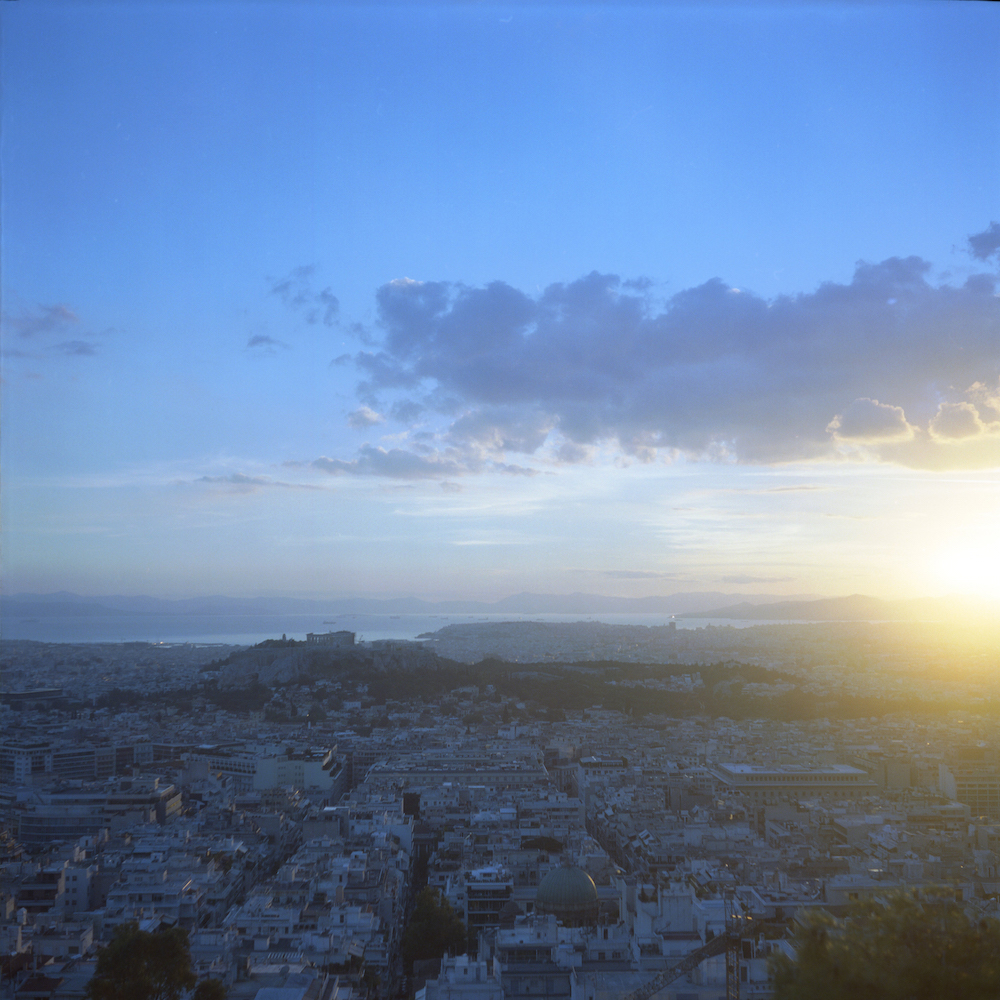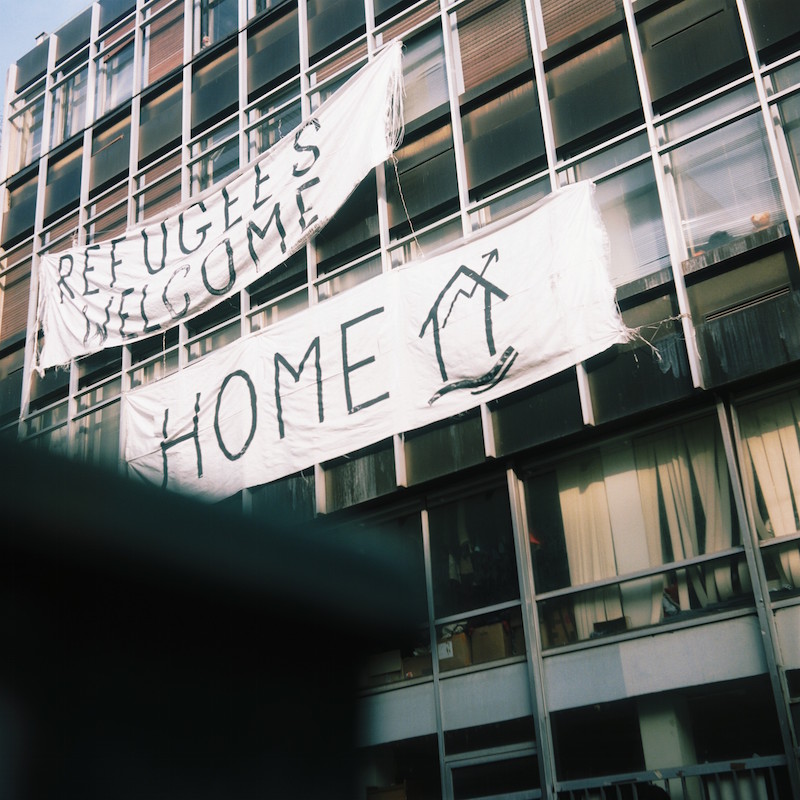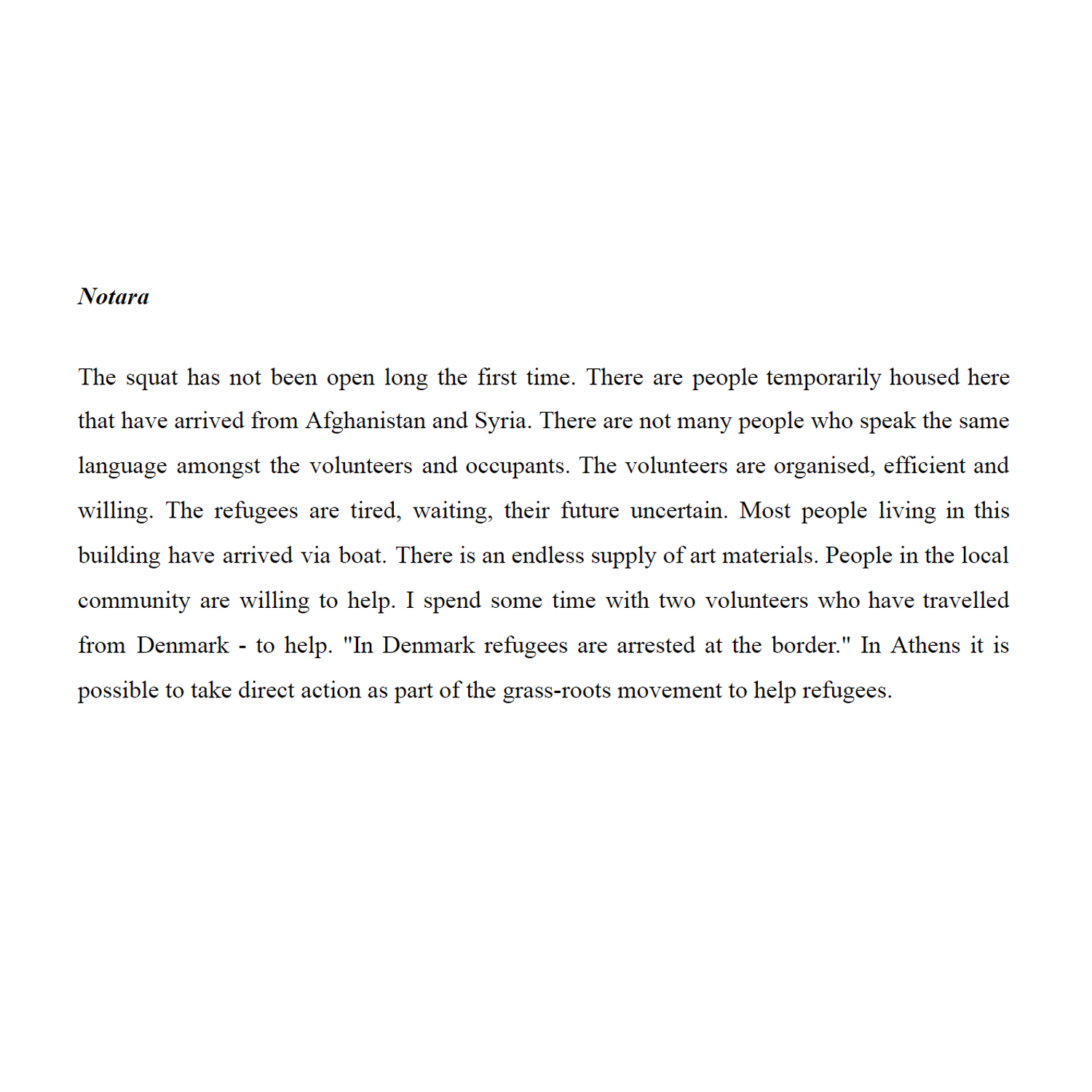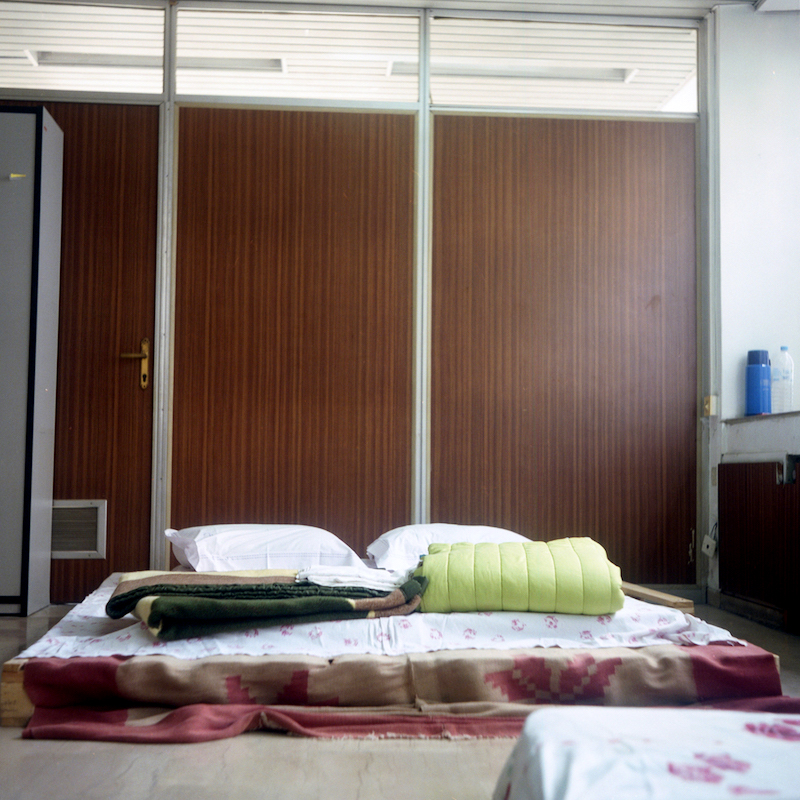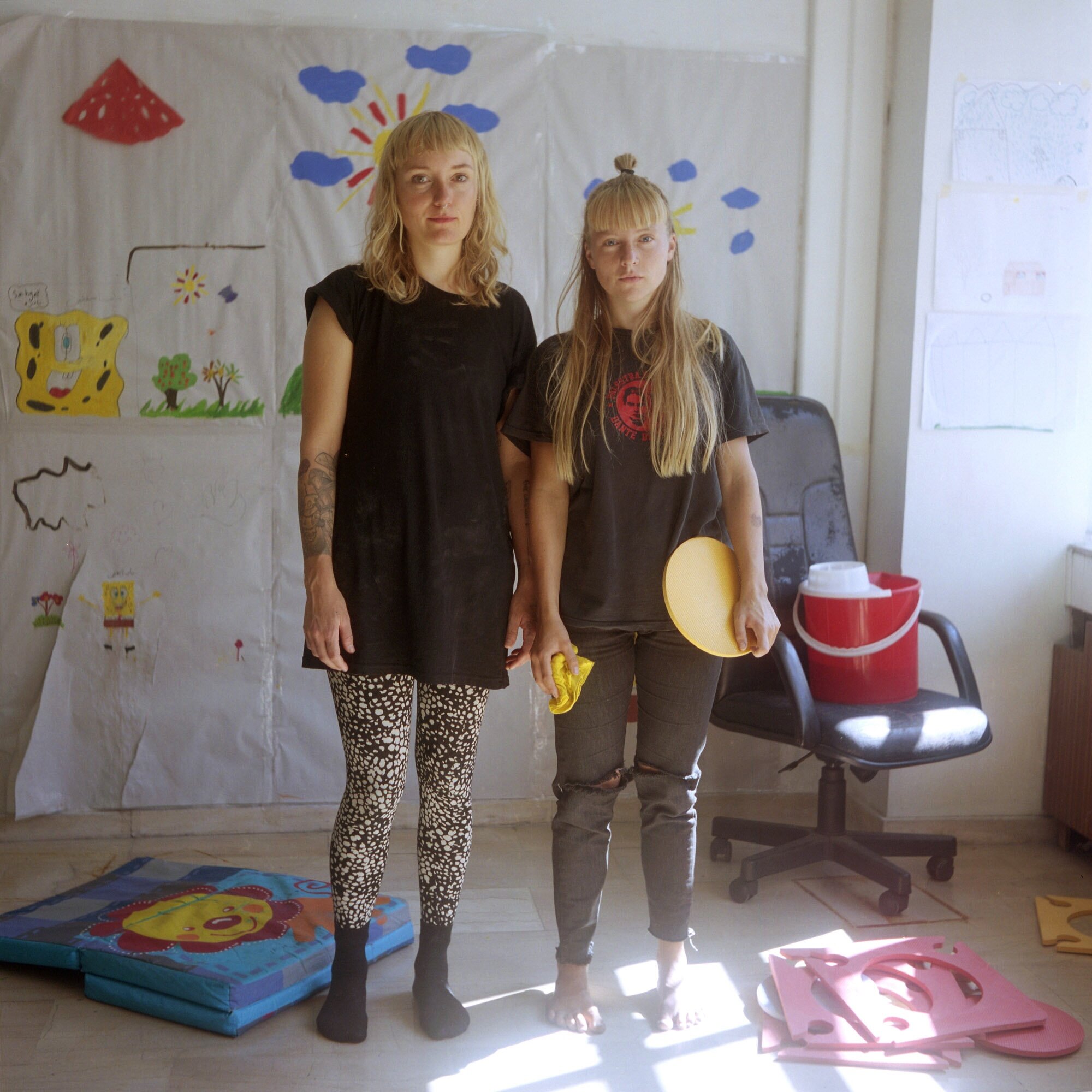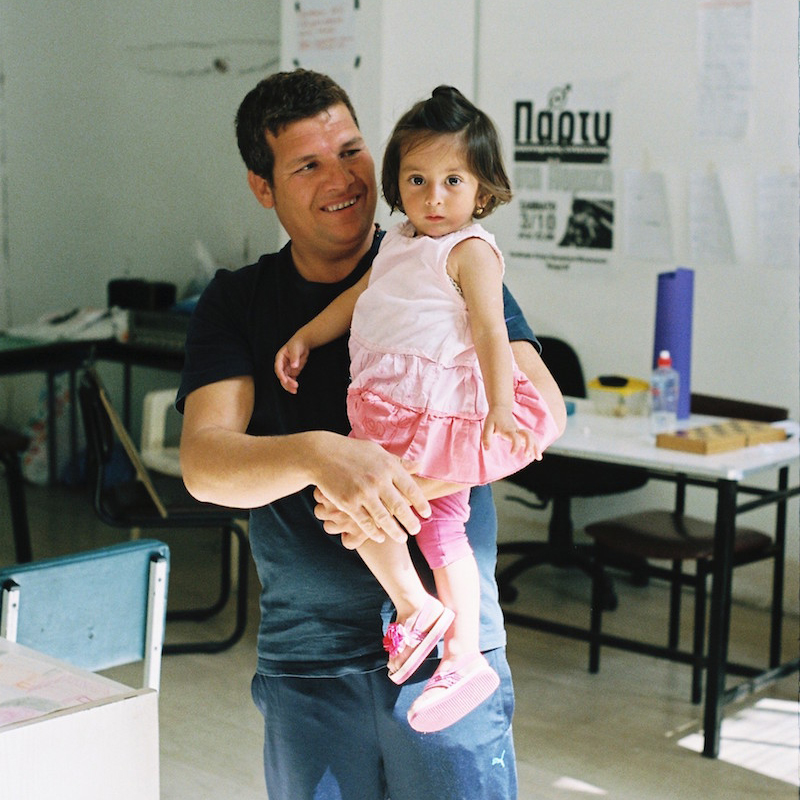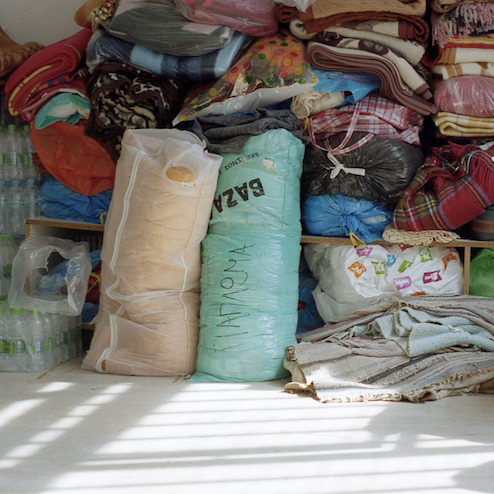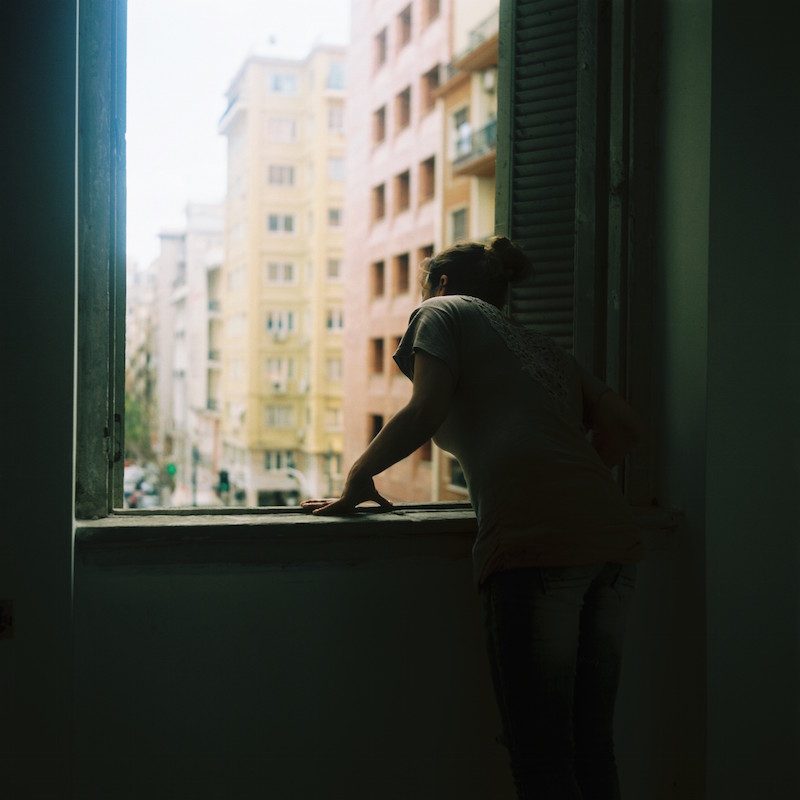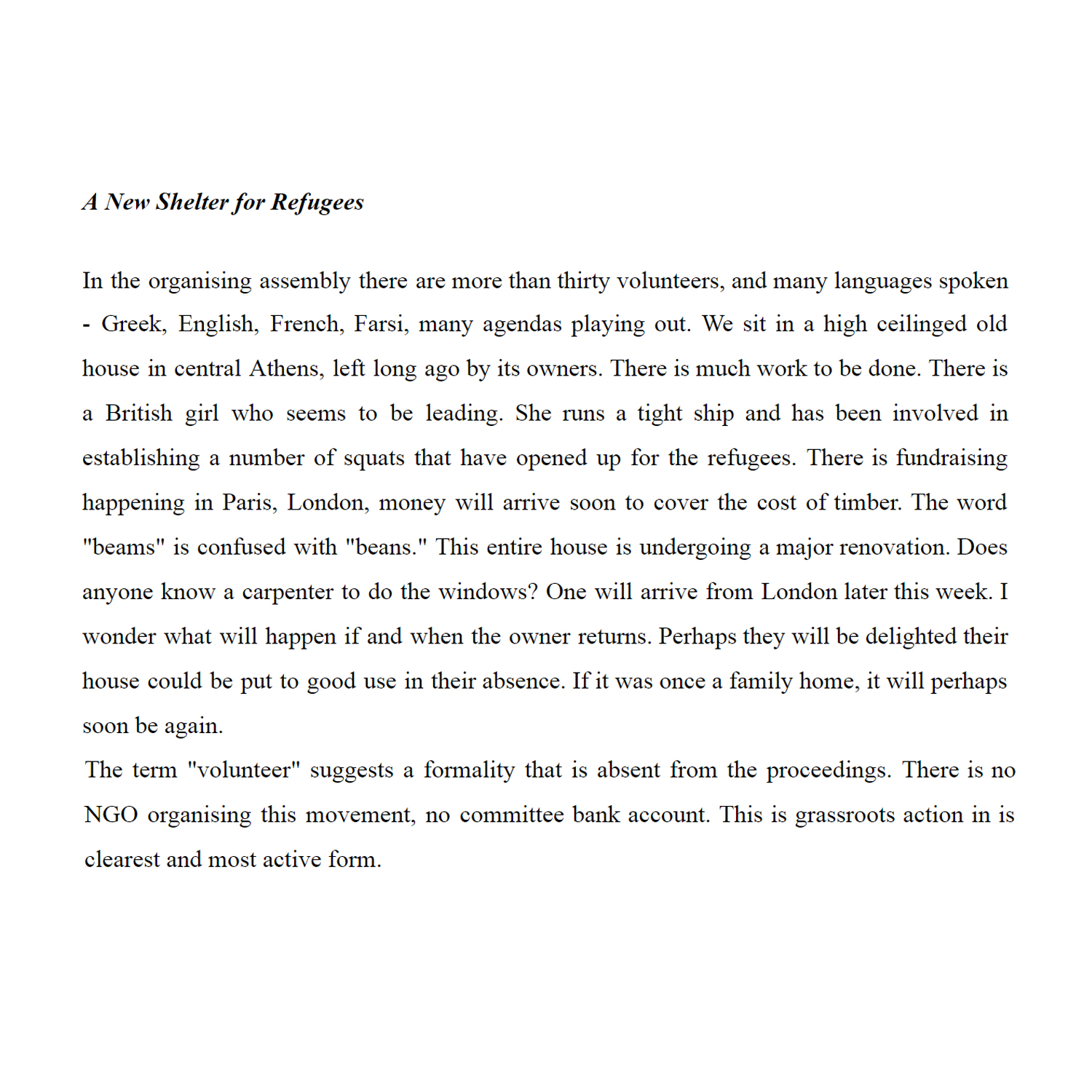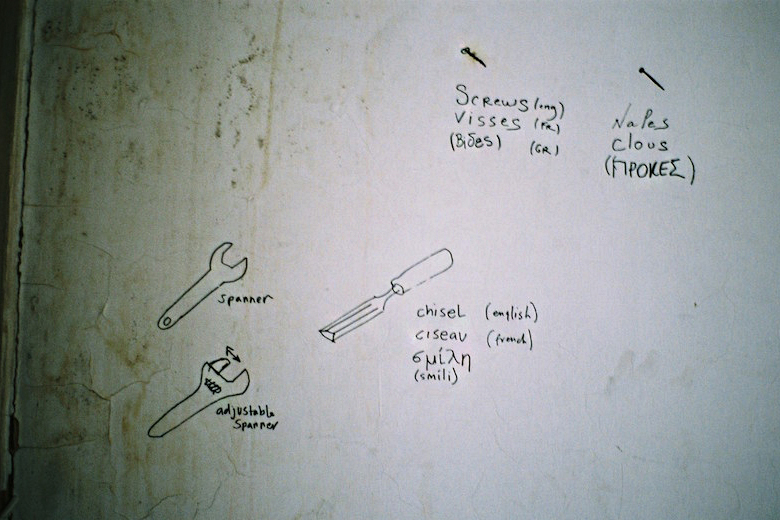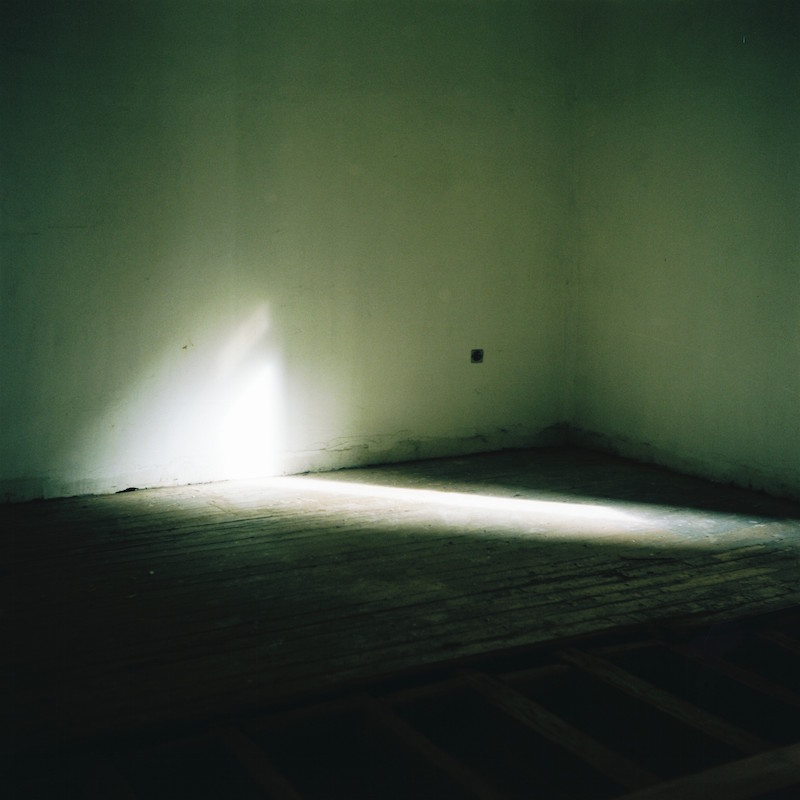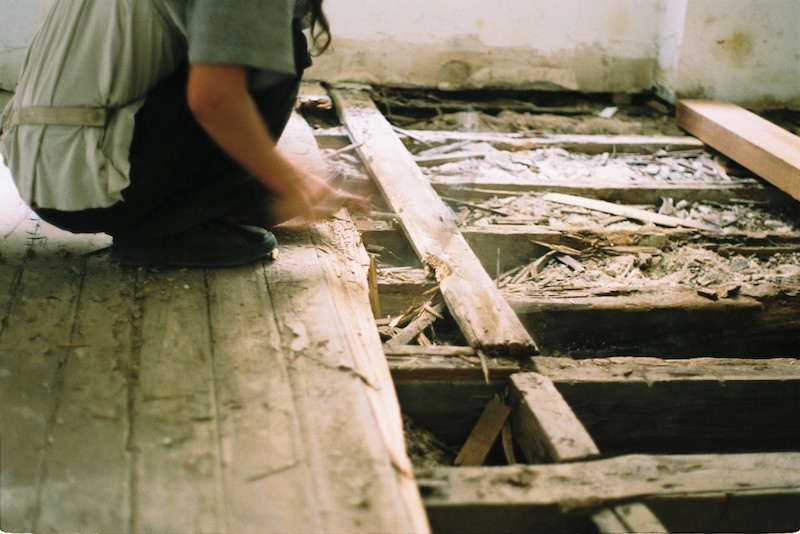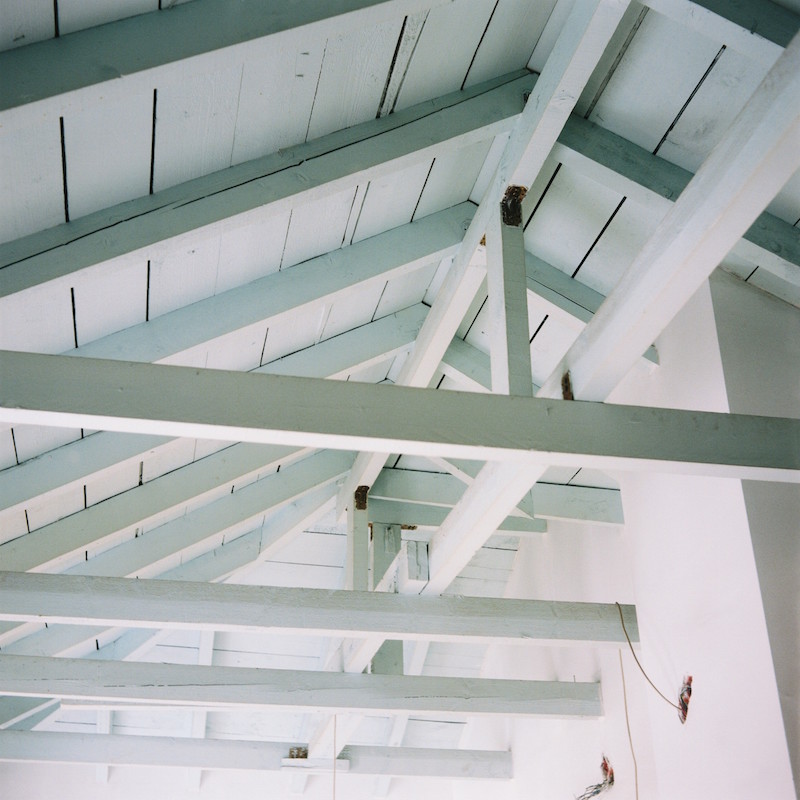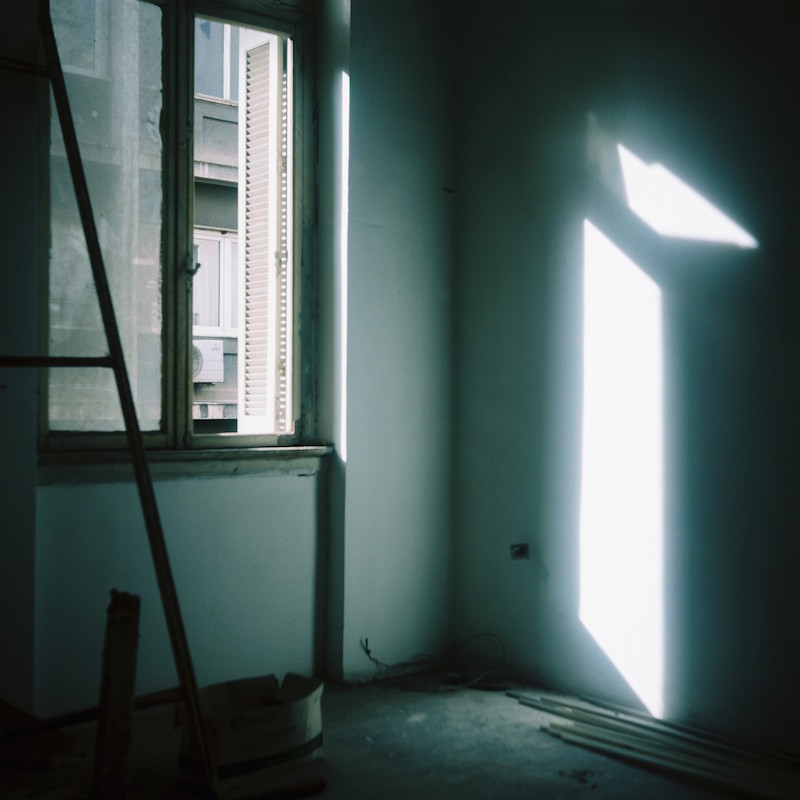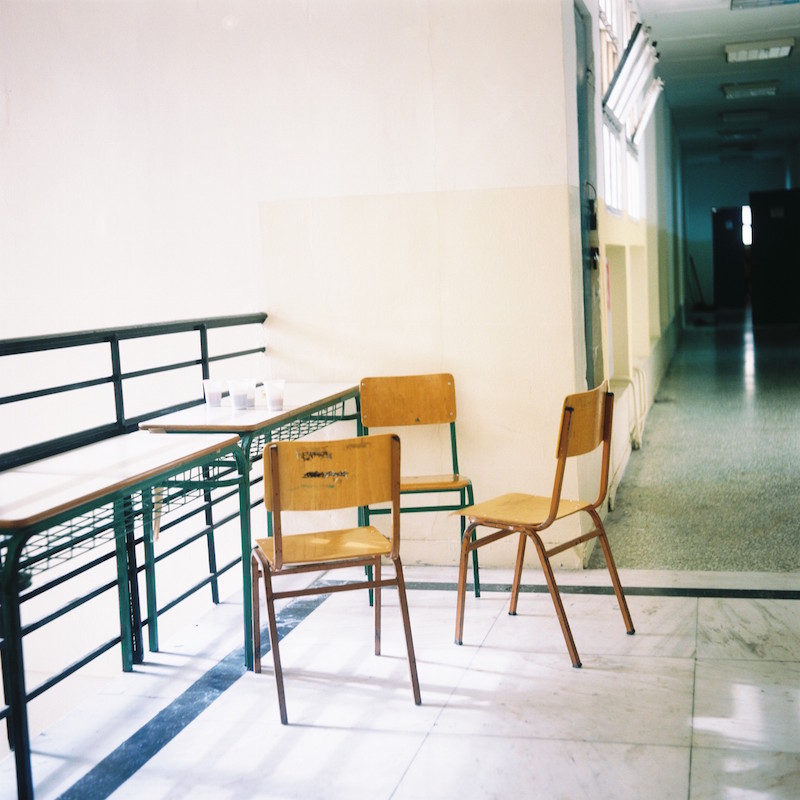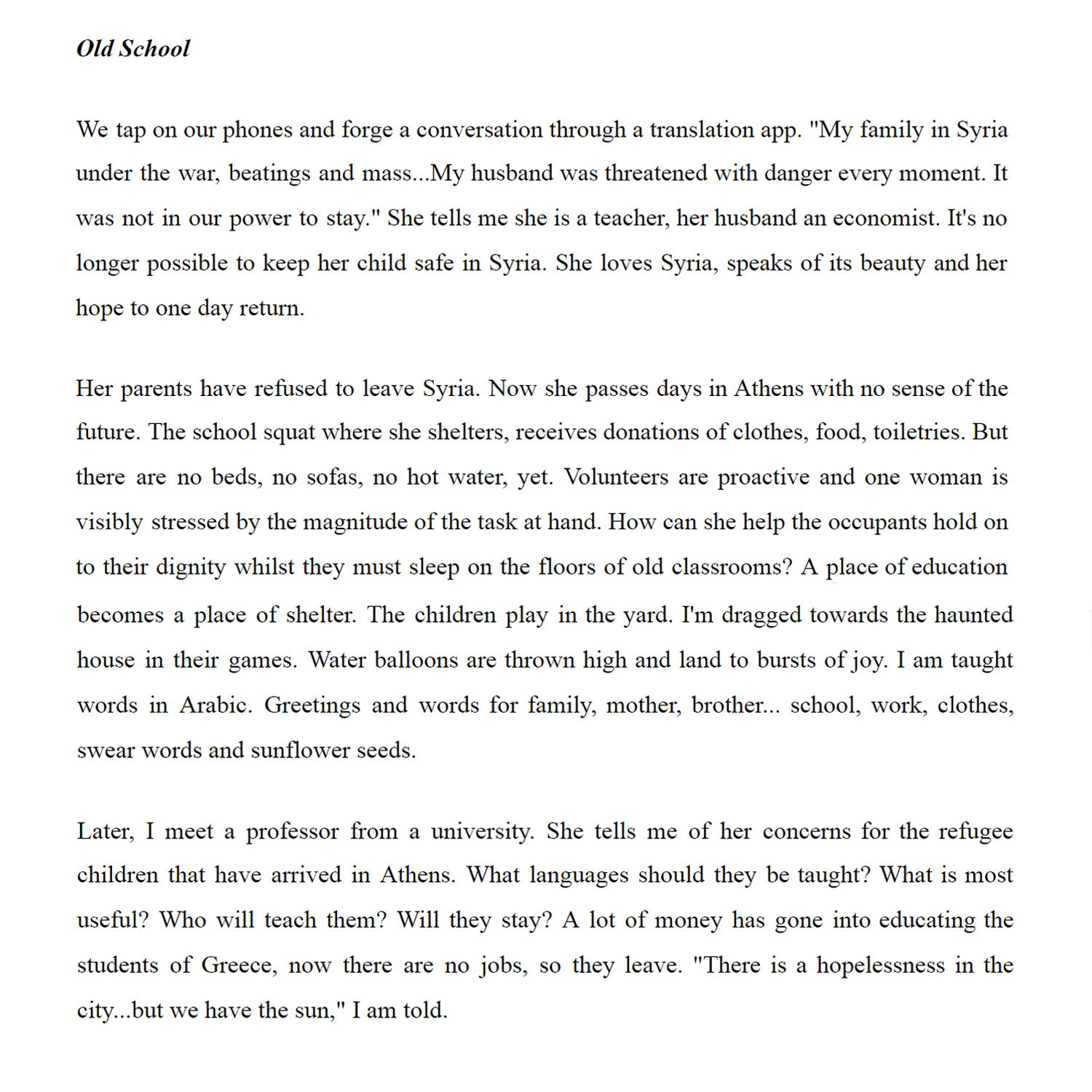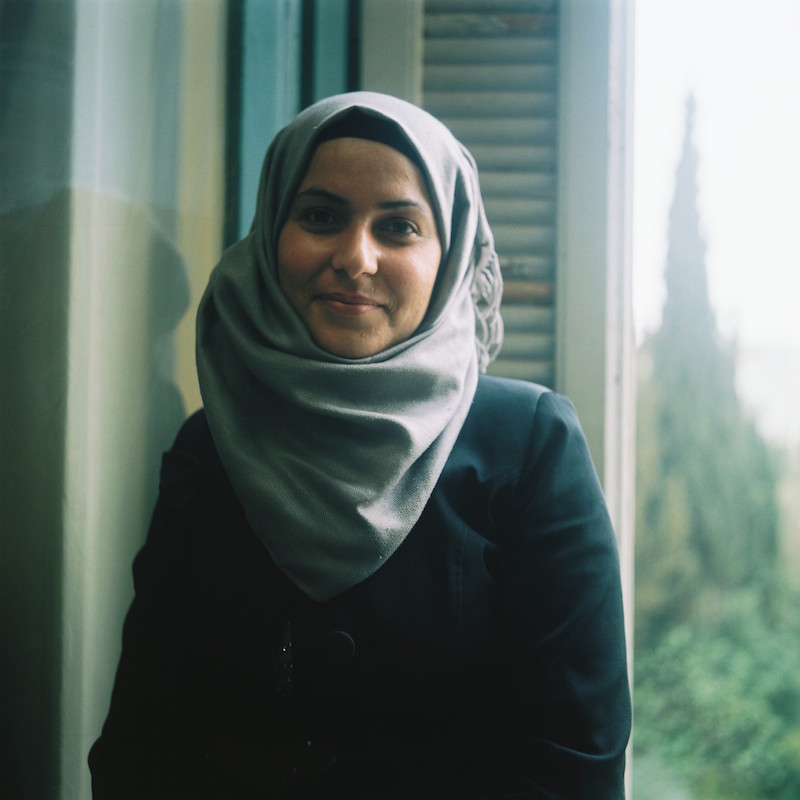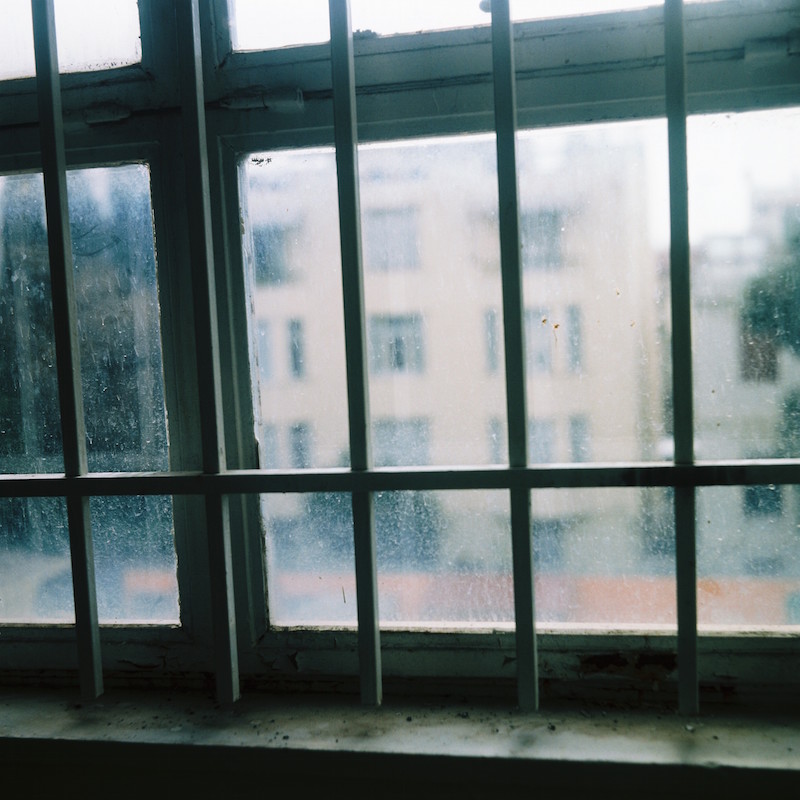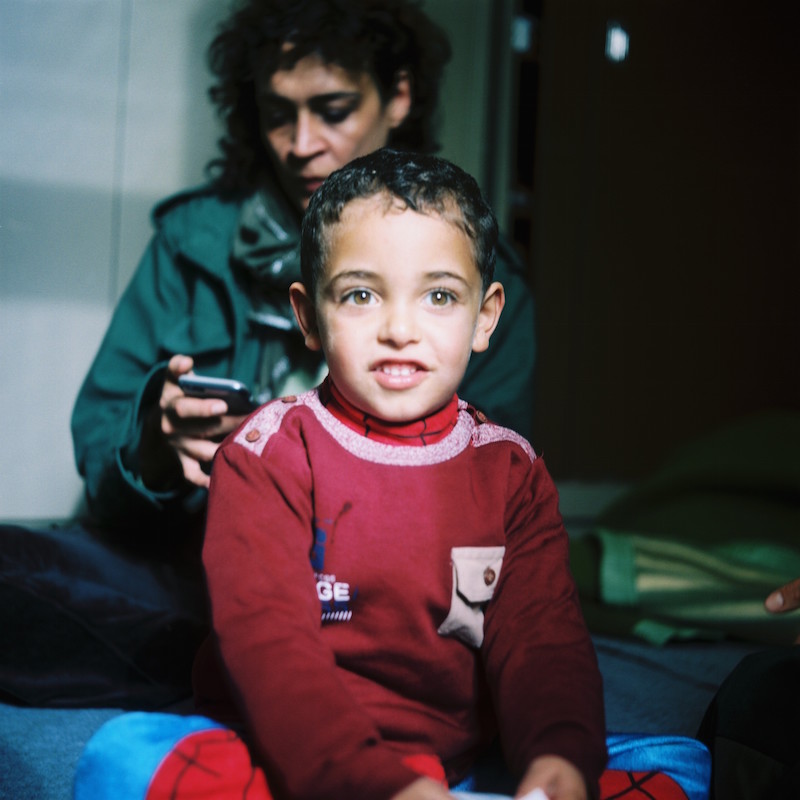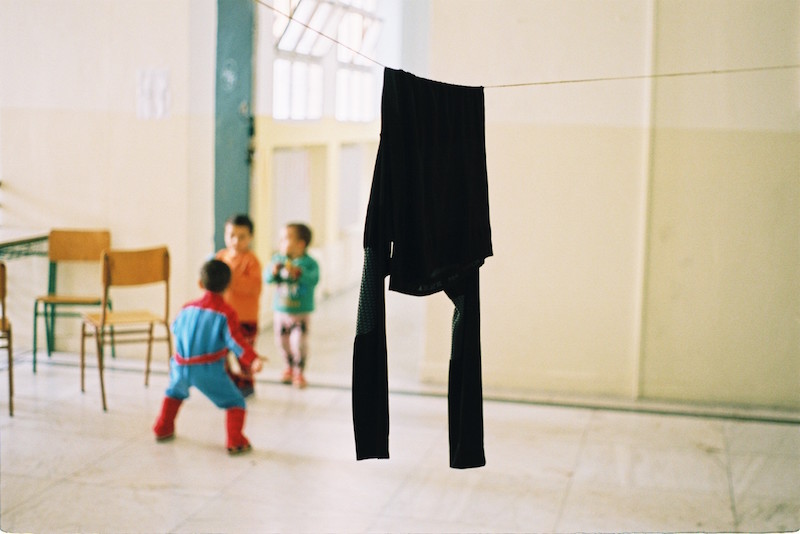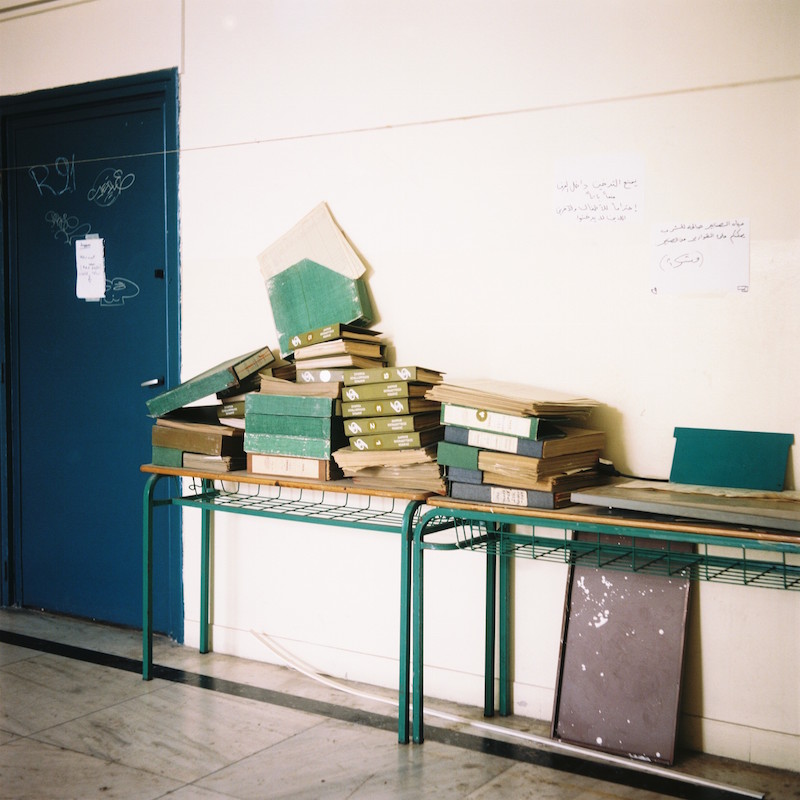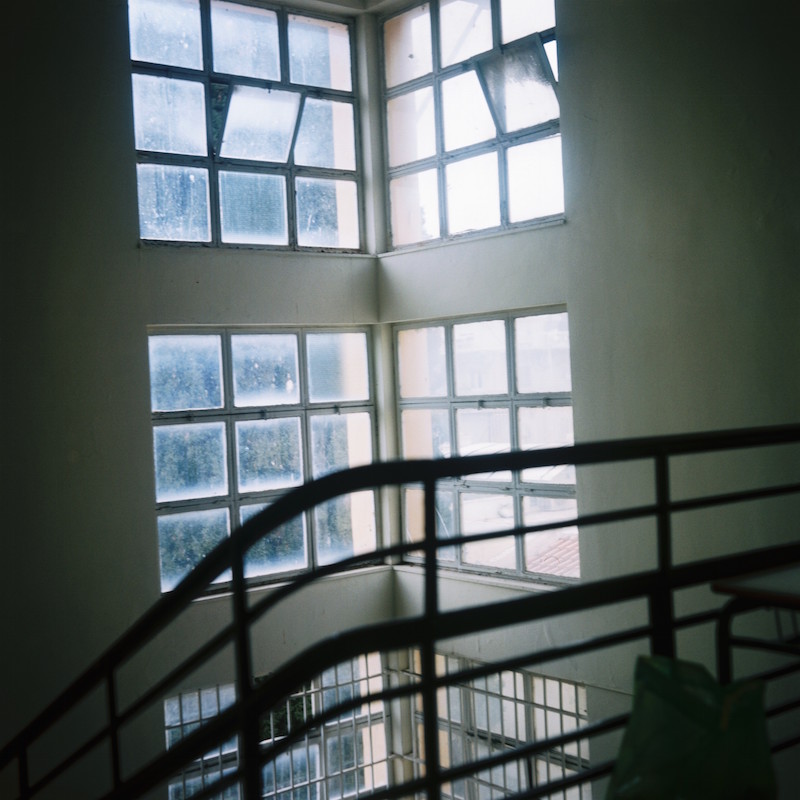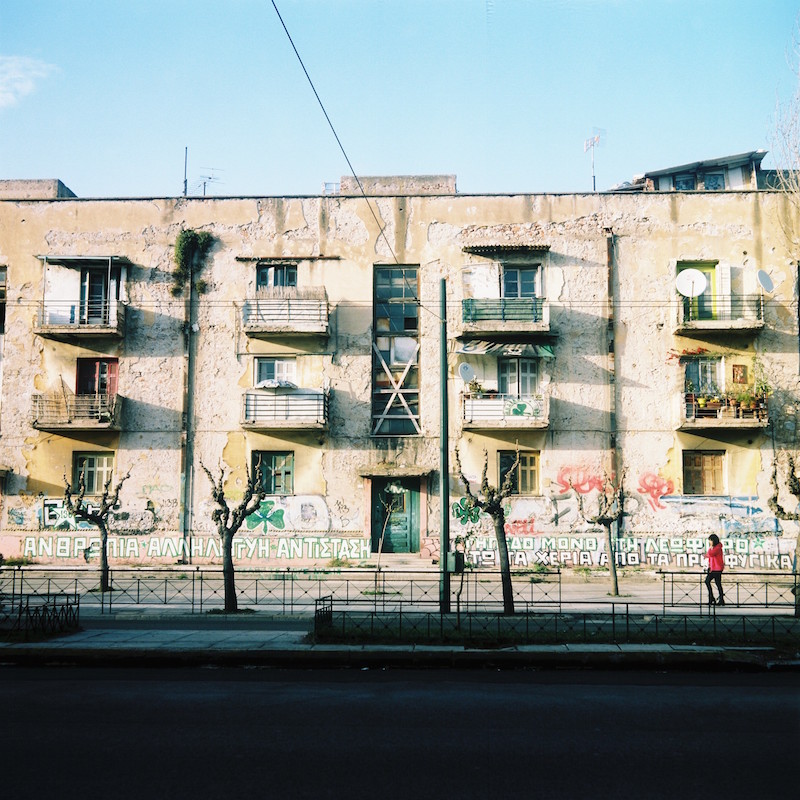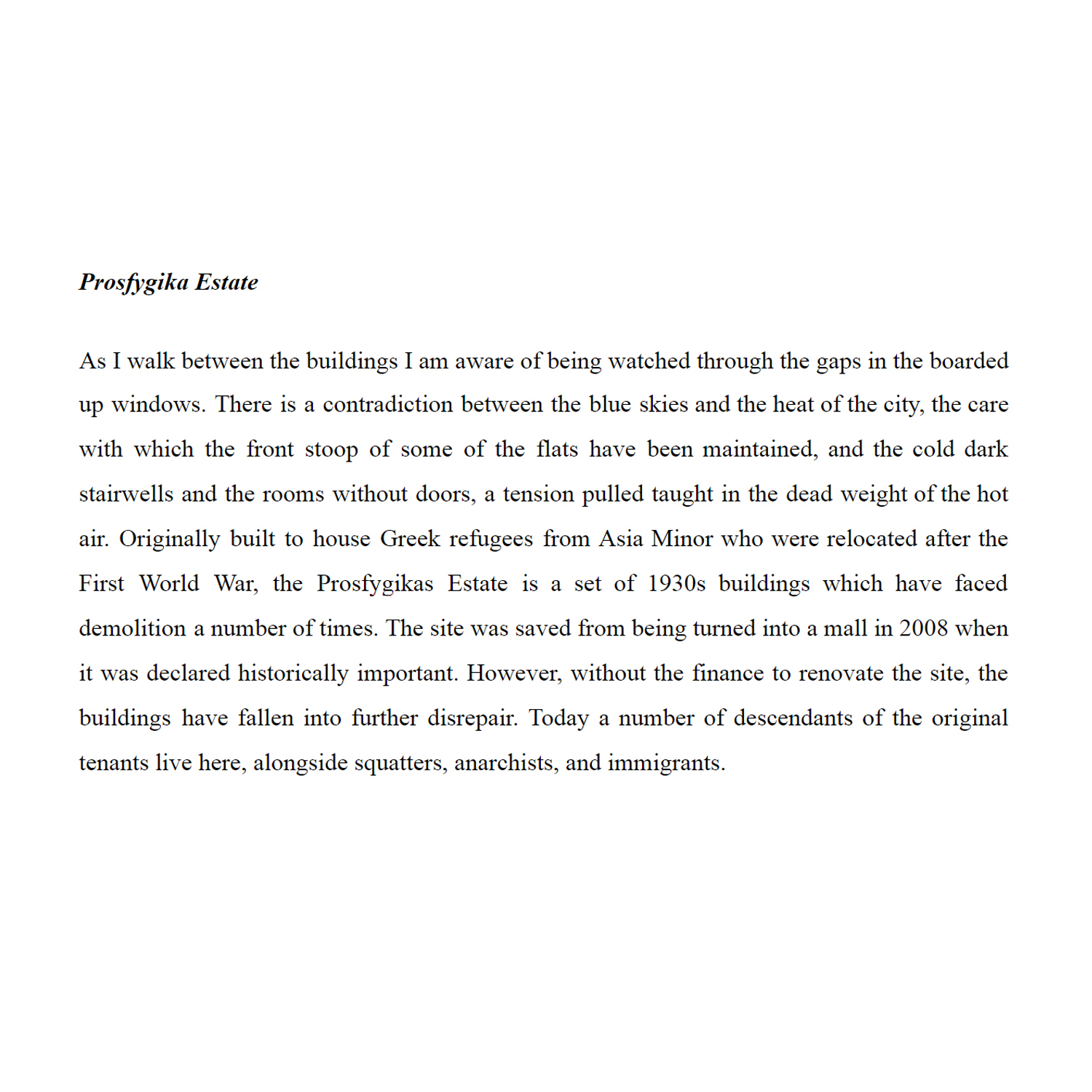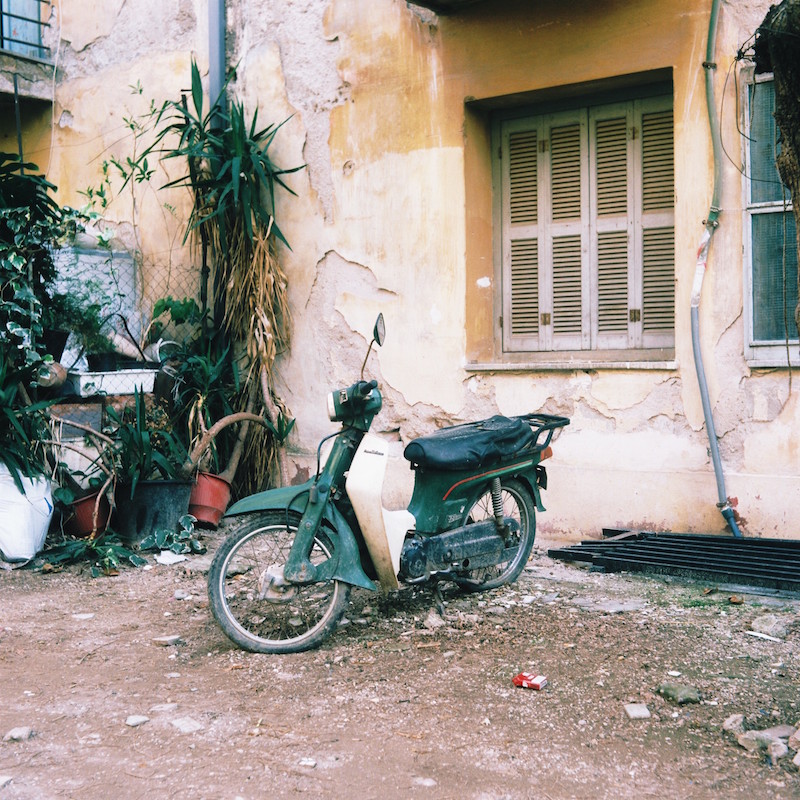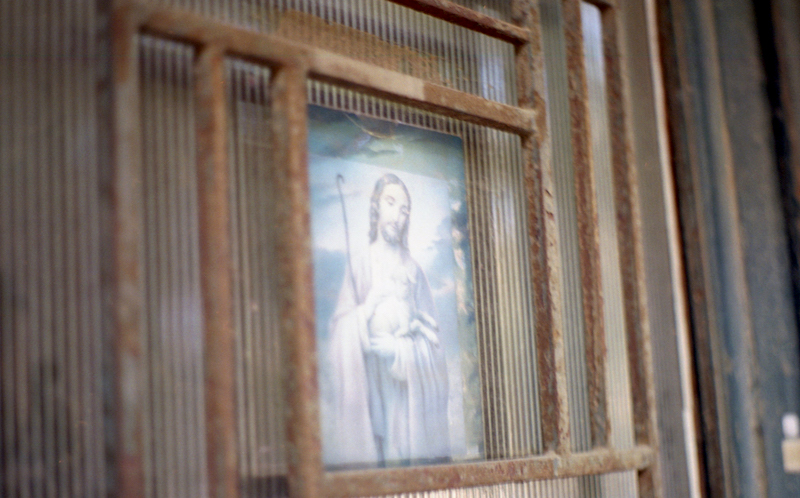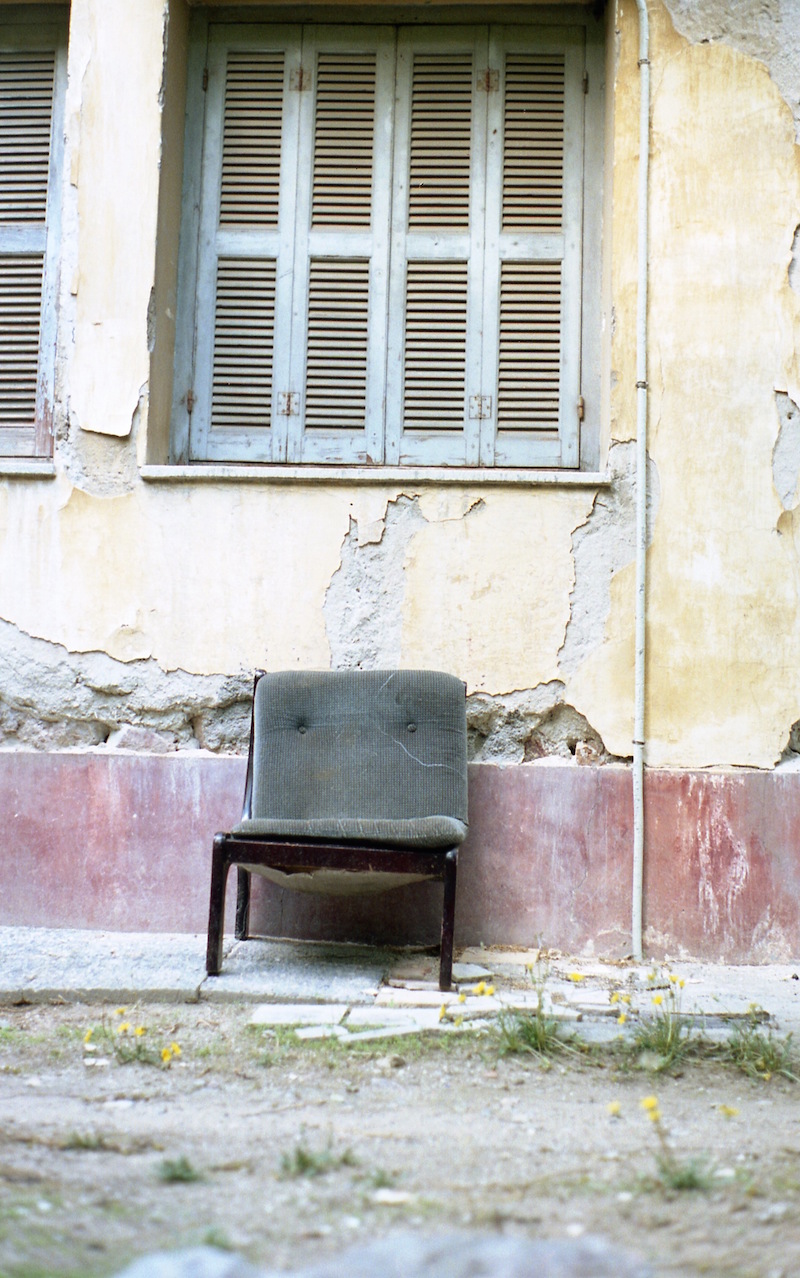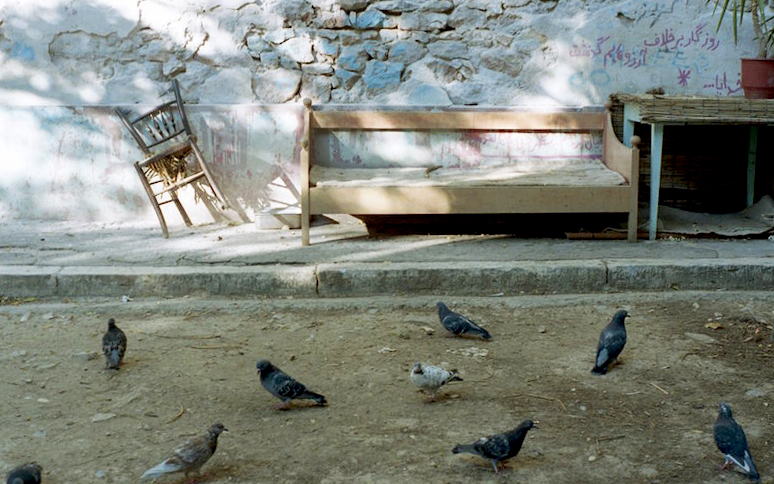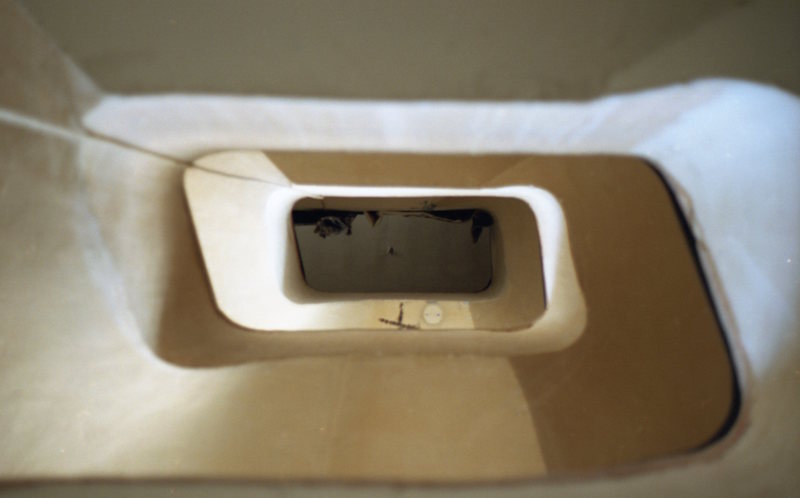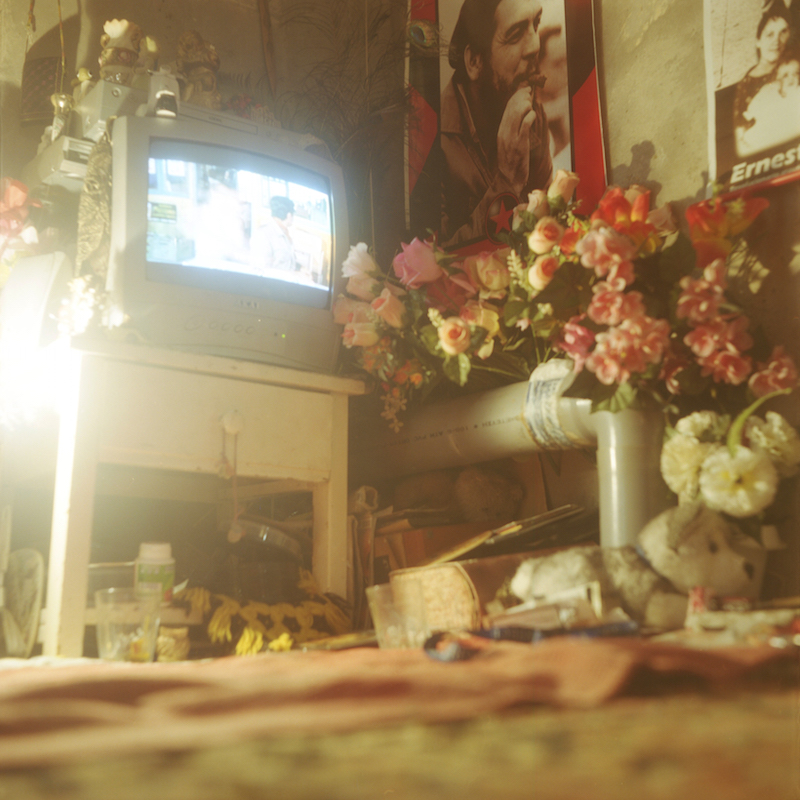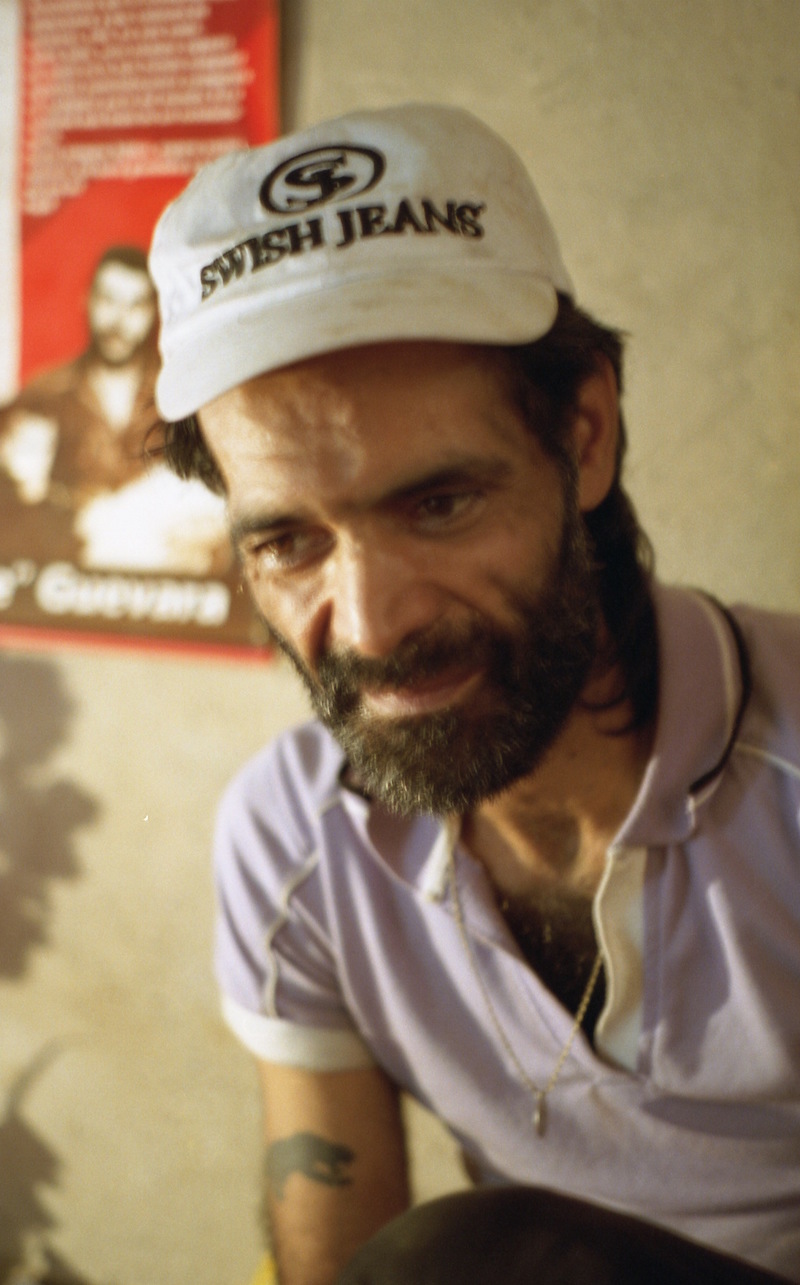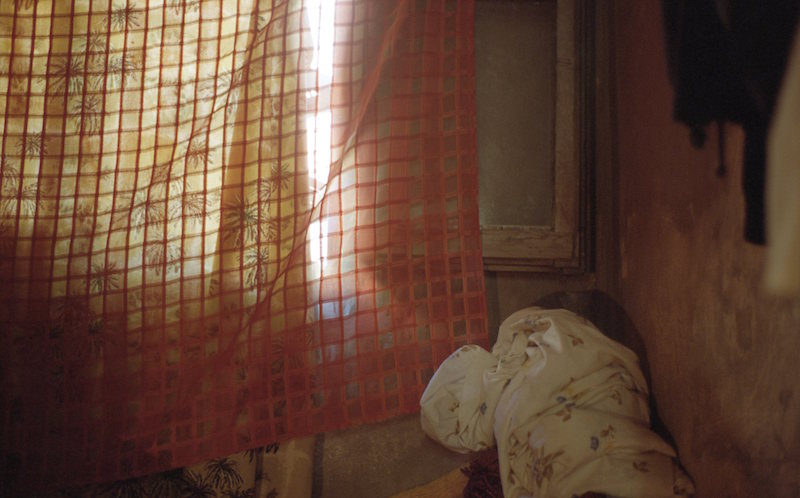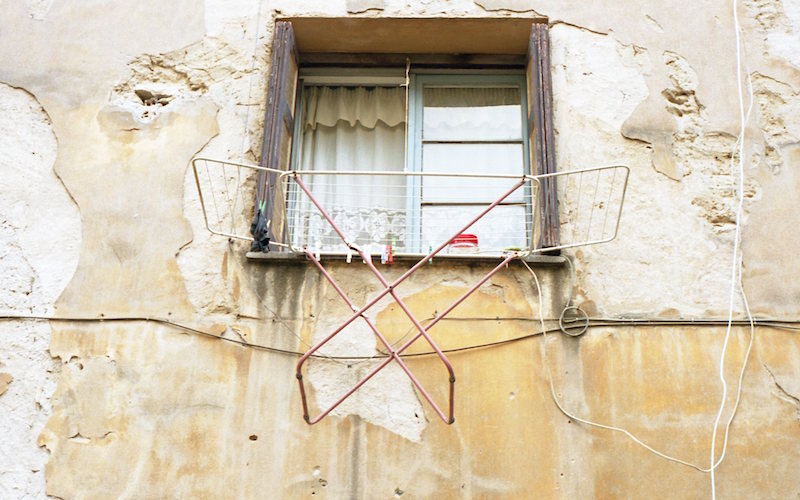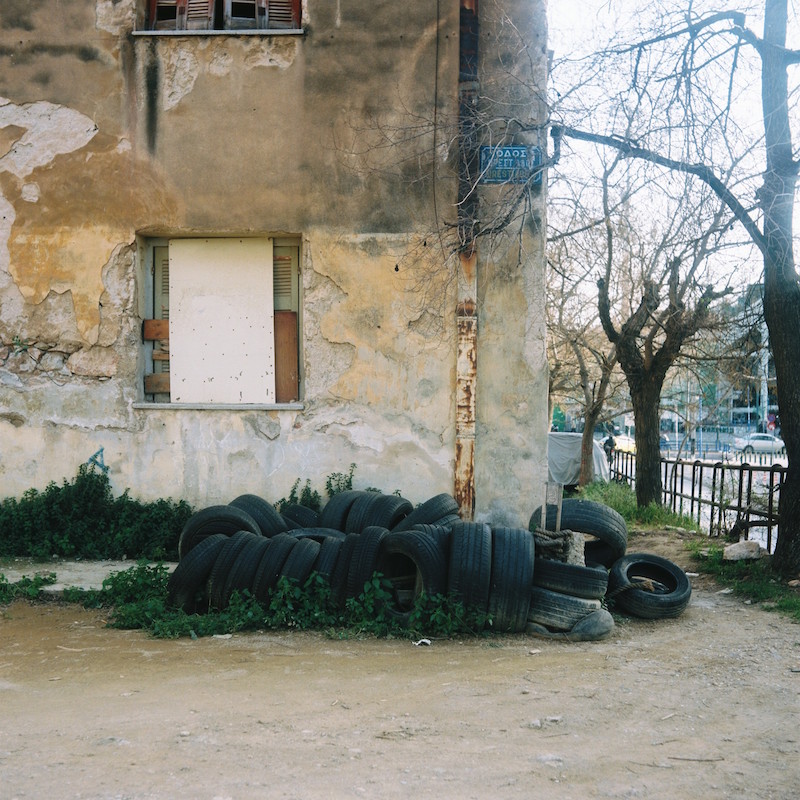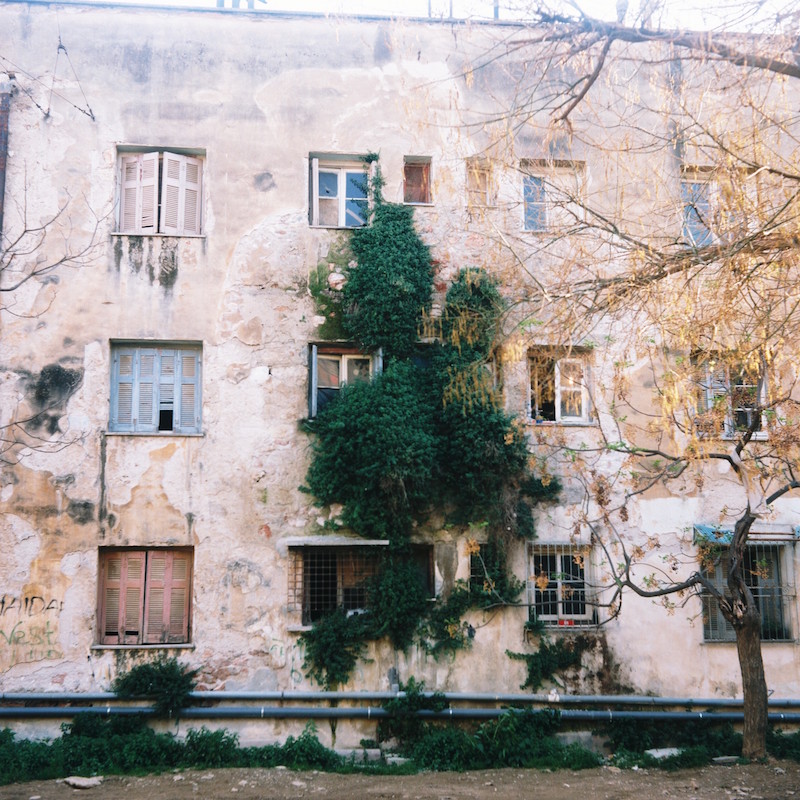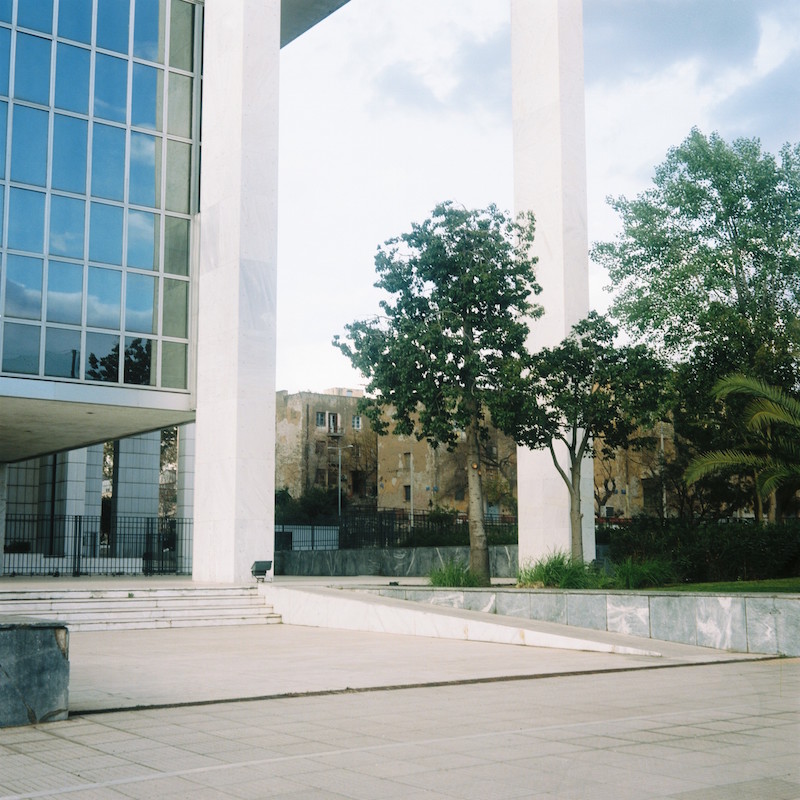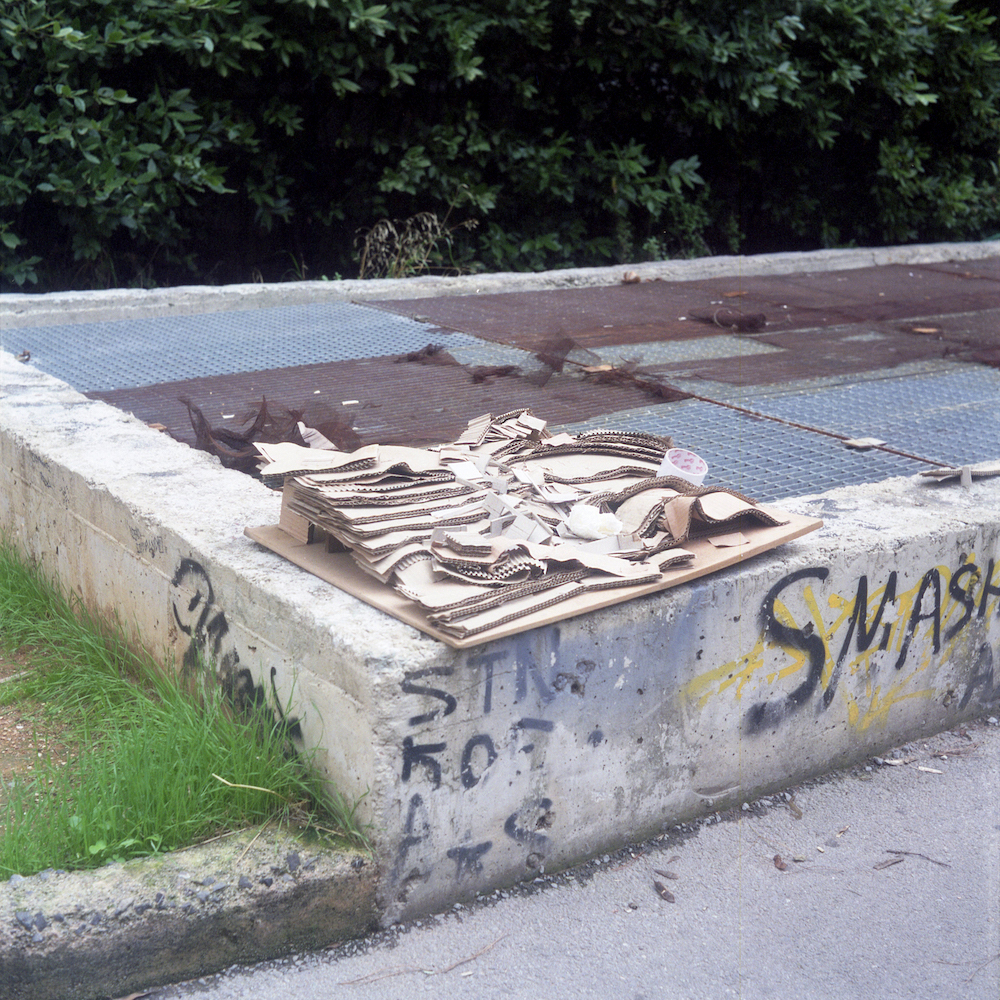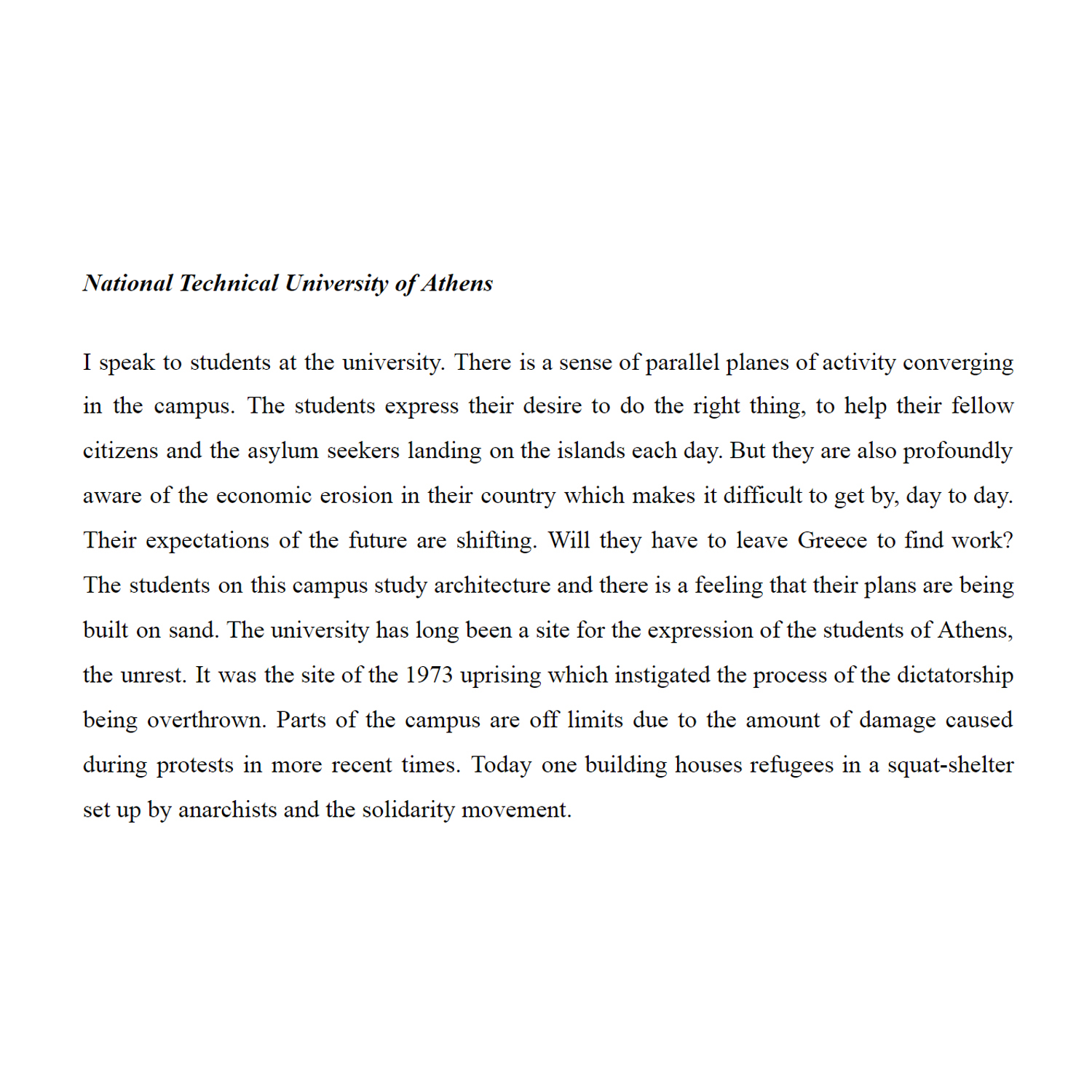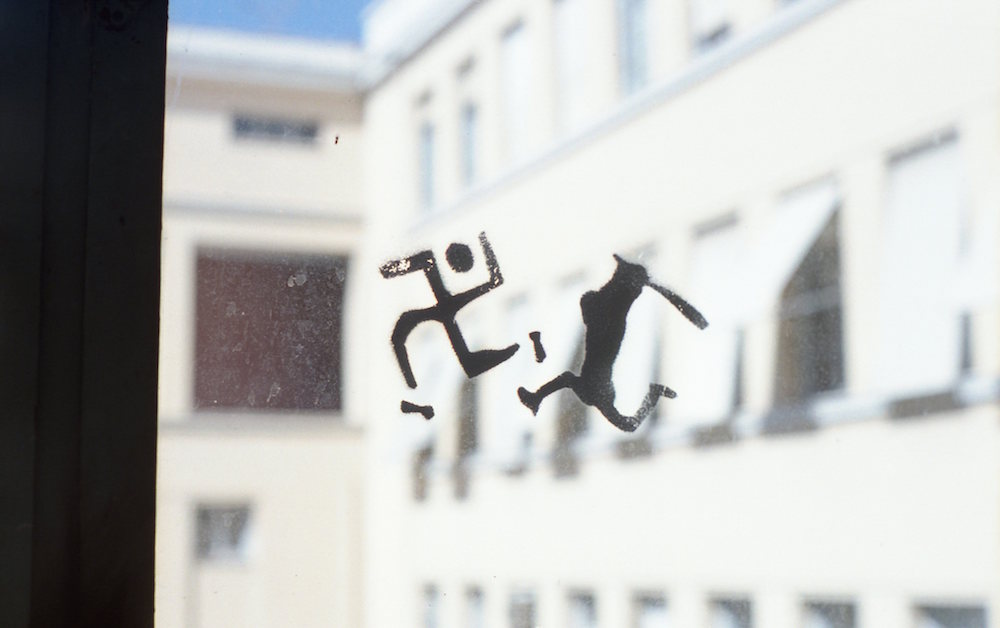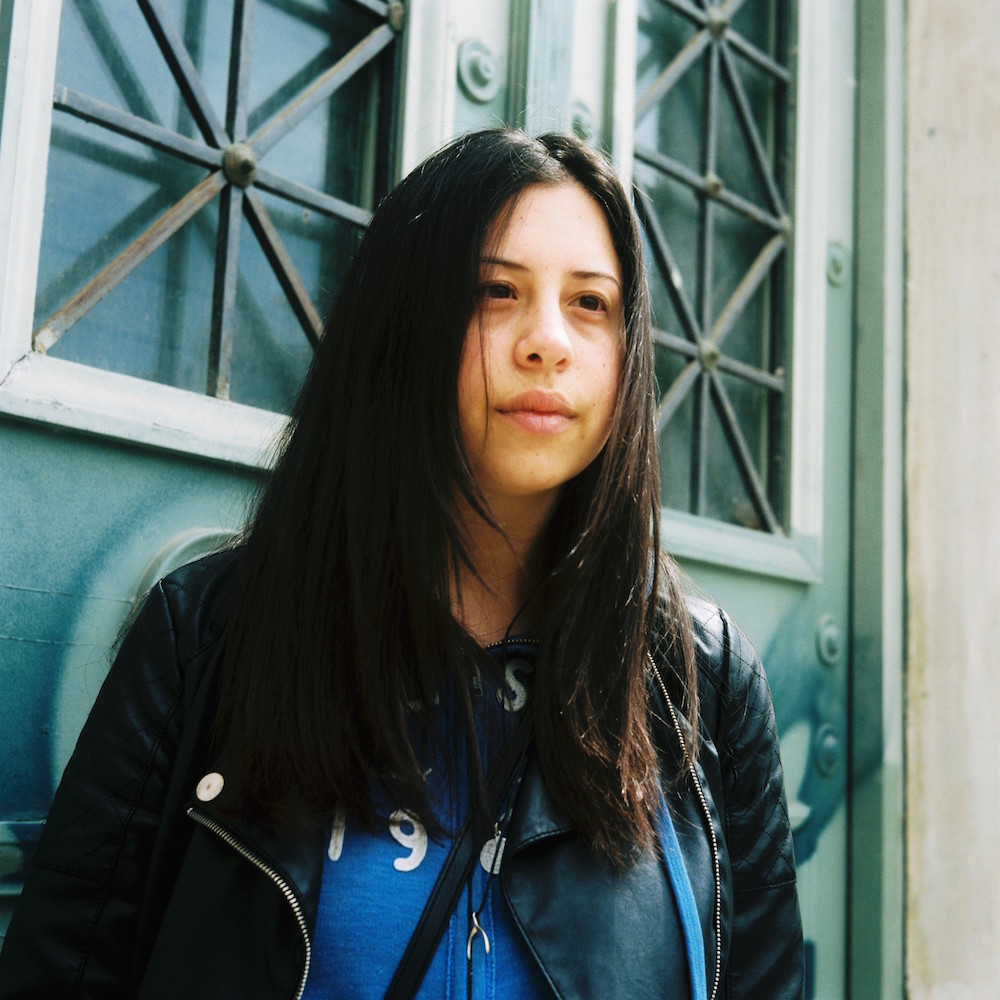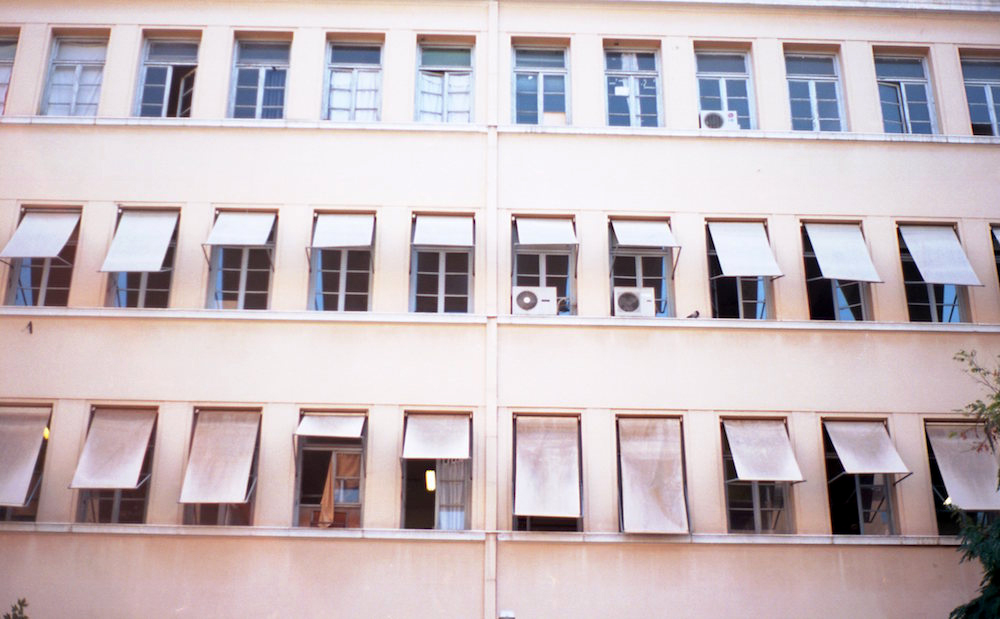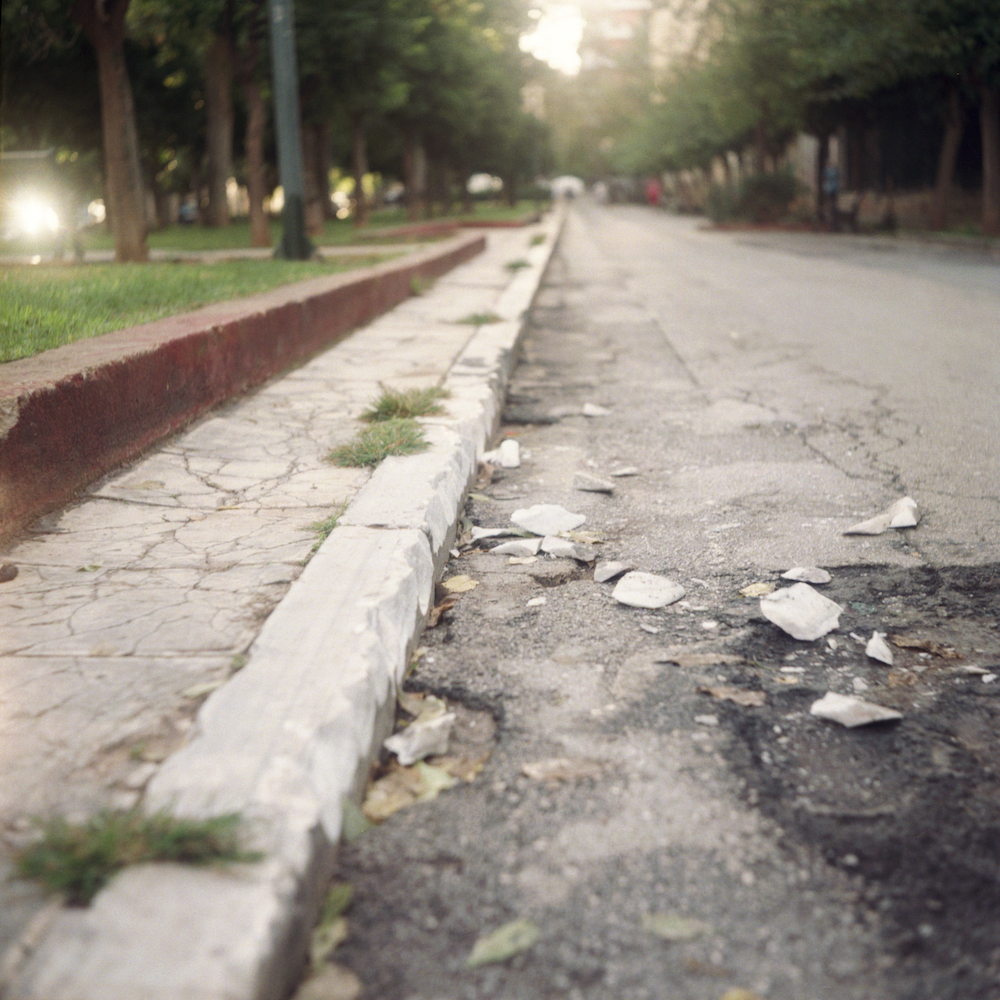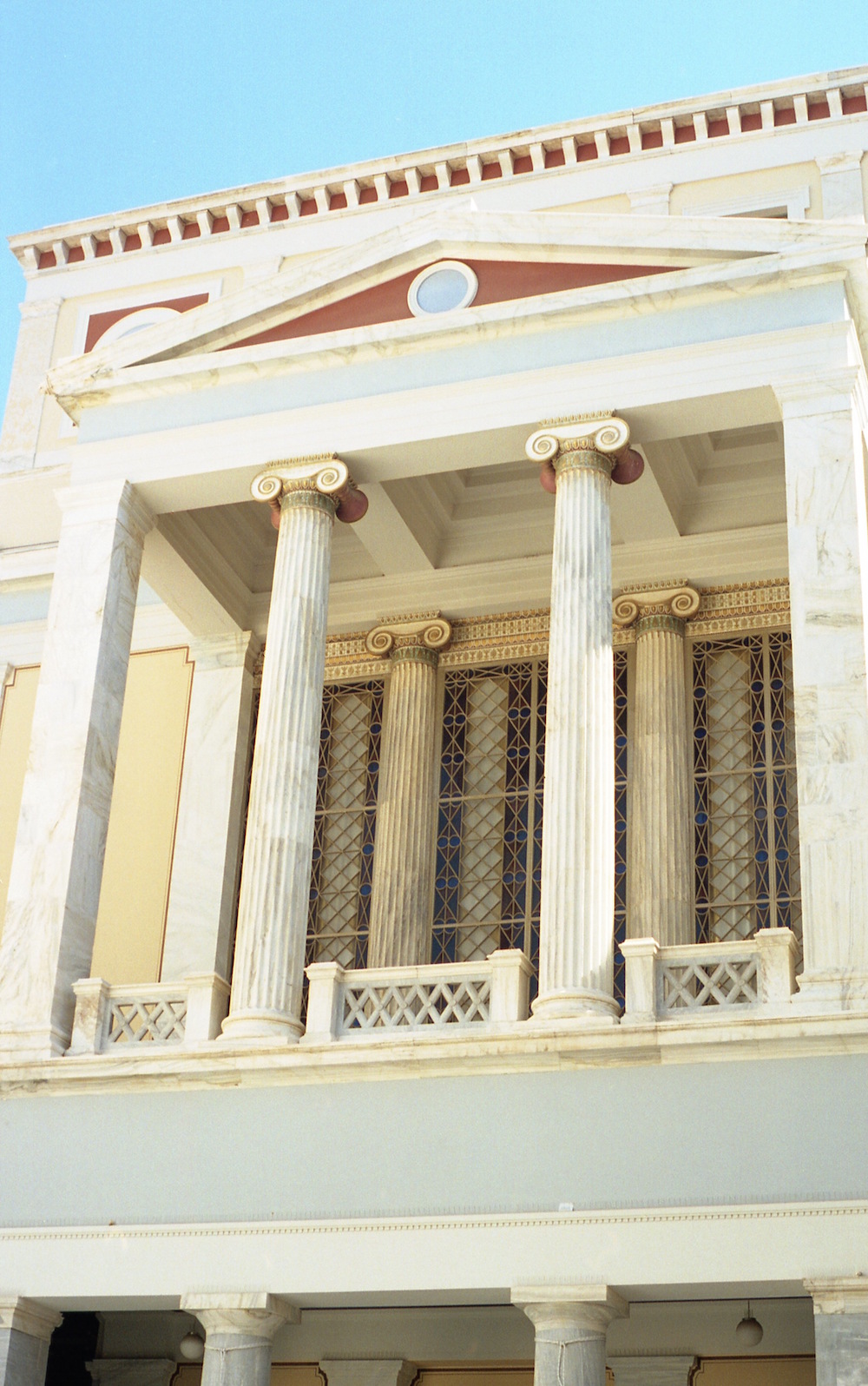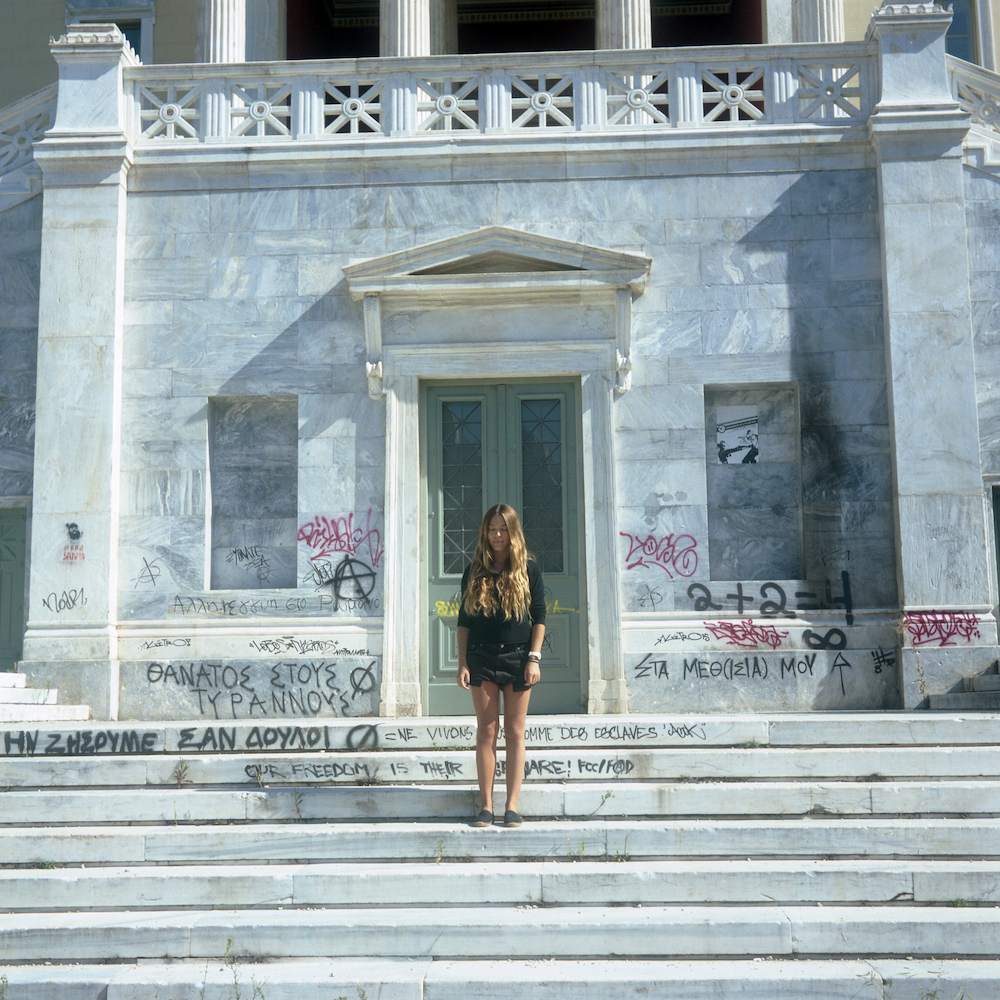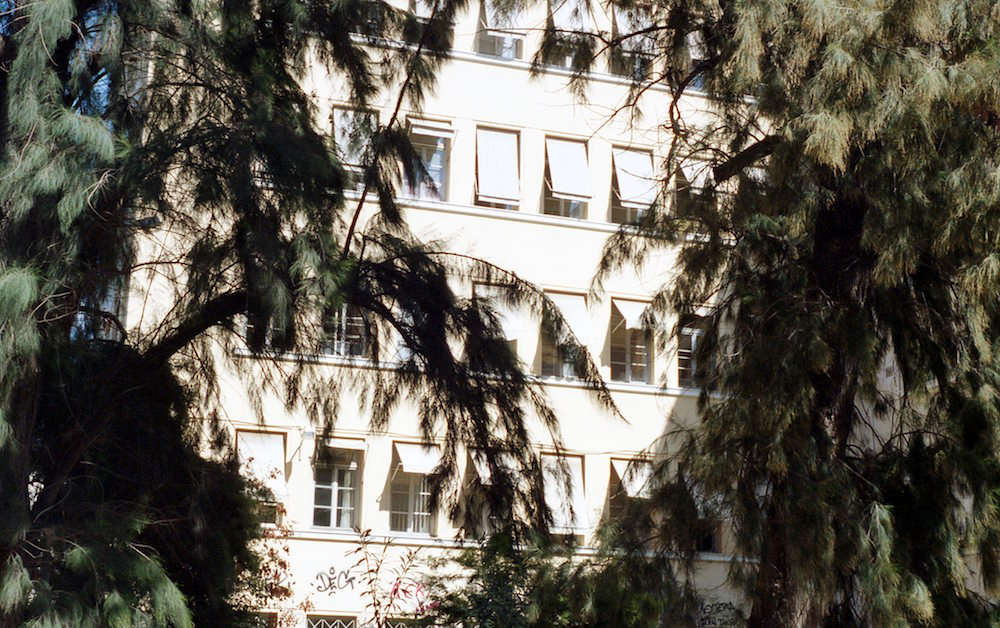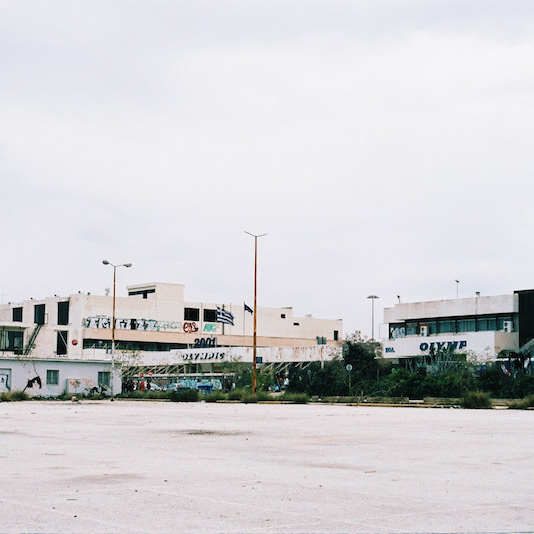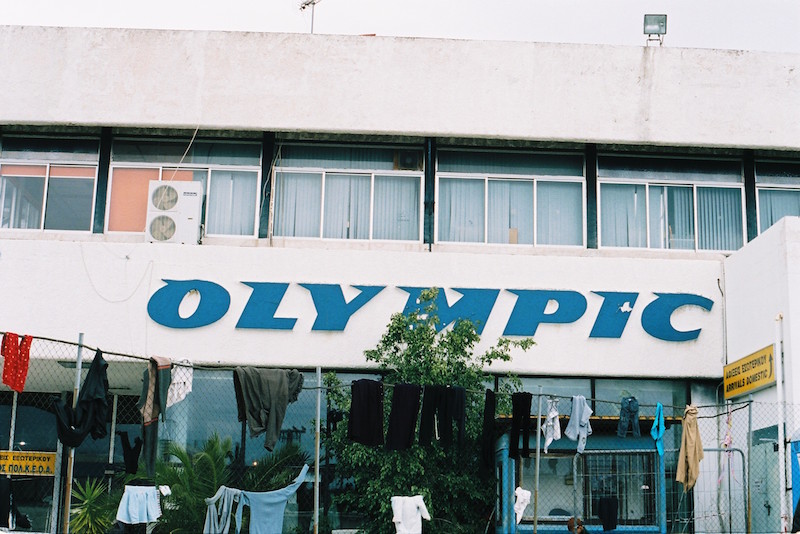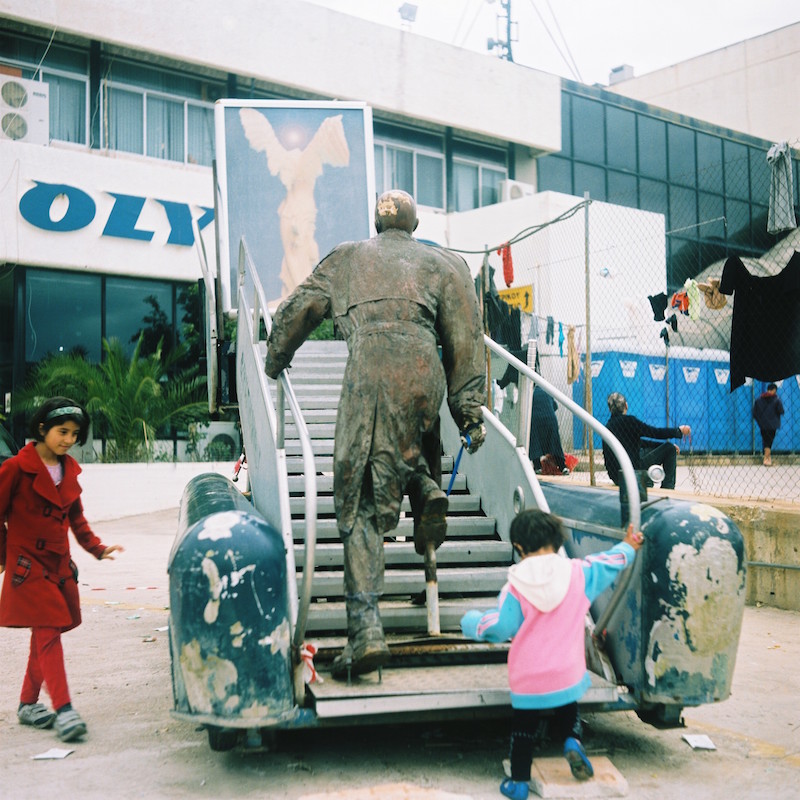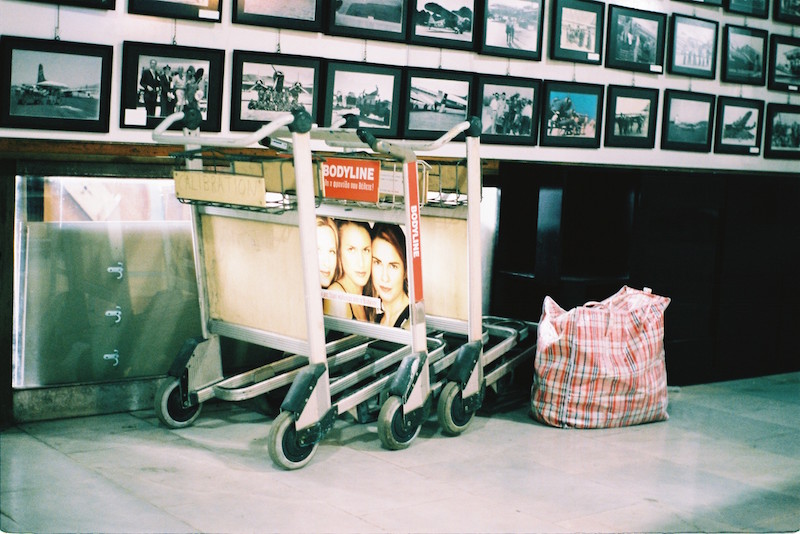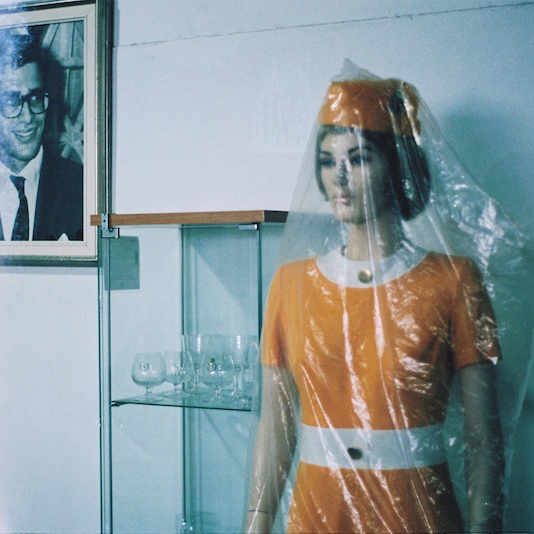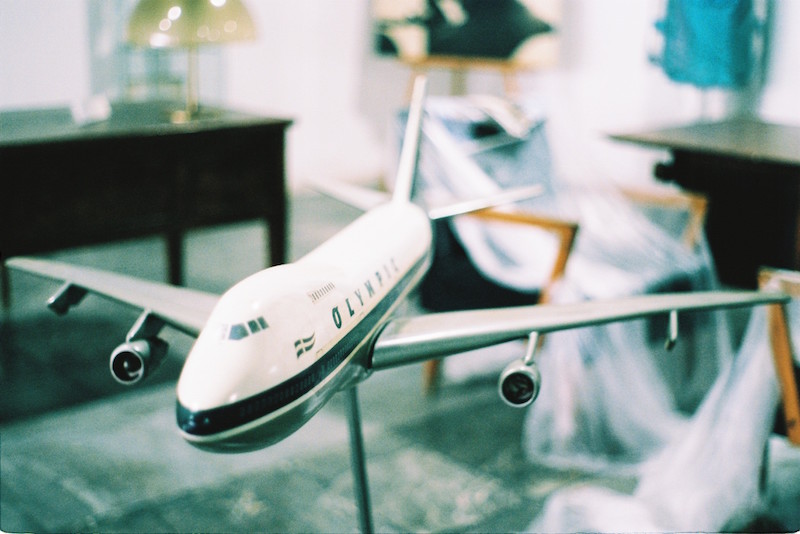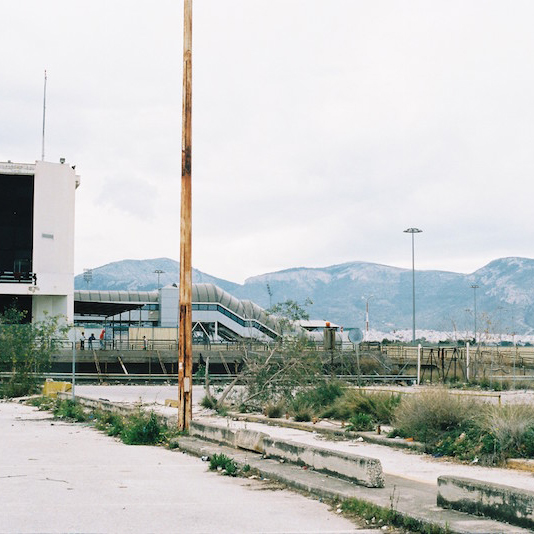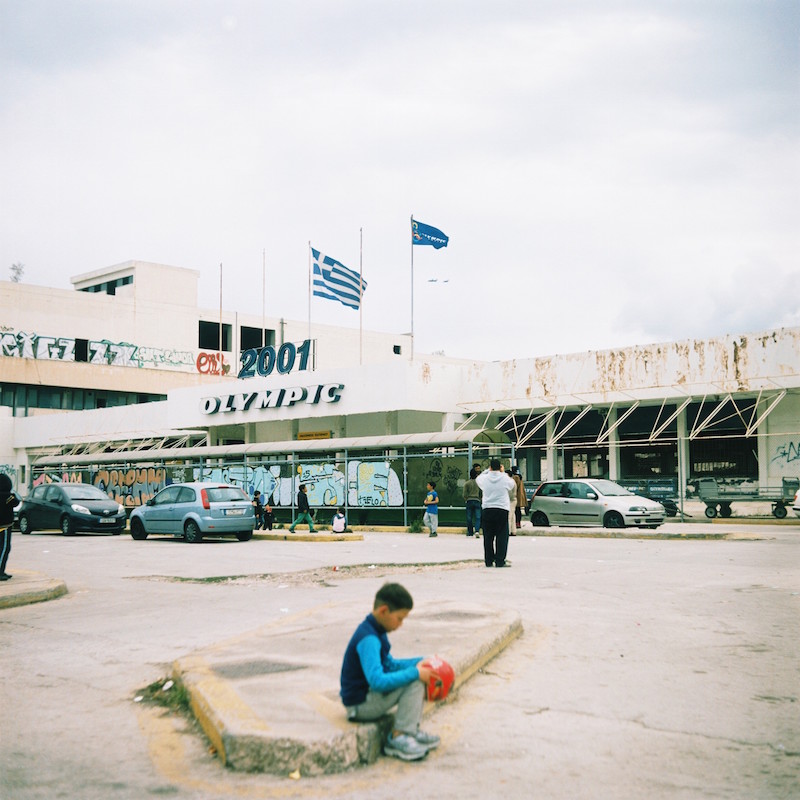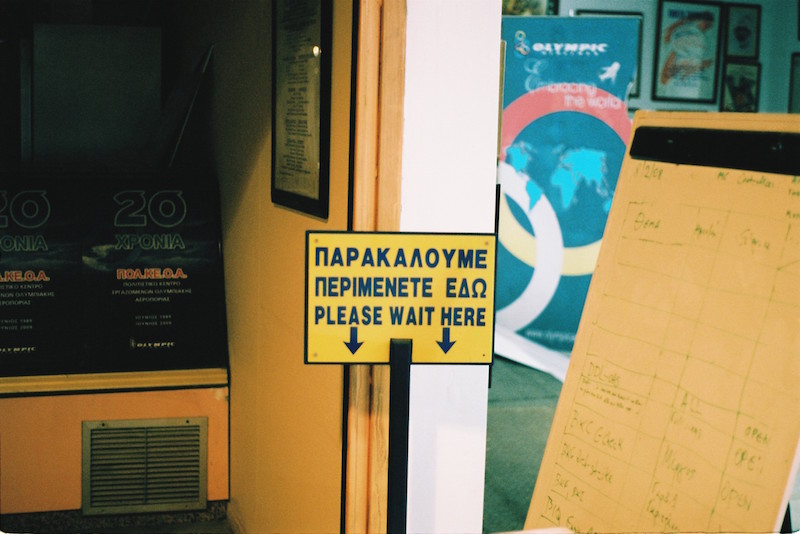Half the House, A Diary in Athens
(Greece, 2015-2016)
In 2015, the European Refugee Crisis had a profound impact on Greece with unprecedented numbers of people migrating across the Aegean sea via Turkey, arriving on the shores of Greek islands. Fleeing conflict areas in Syria and Afghanistan, people of all ages arrived in the city of Athens with little more than the clothes on their backs and a smartphone in their pocket.
In recent memory Athens, and Greece as a whole, had undergone huge change. In 2009 Greece was hit by the financial crisis which saw a rise in unemployment across all working ages, debt of €320bn and a bail-out of €240bn. A fraught austerity referendum, numerous protests and demonstrations, a grassroots solidarity movement that helped to pick up the pieces of a failing state, and Greece faced what can be described as a new state of normality.
I was invited to Athens in 2014 to work as part of a residency at documentary photography centre M55 Projects, initially in response to the “new normal” of the era of austerity. As an outsider, my initial thoughts were that I wanted to find out if contemporary ruins were appearing in a city that is so famous for its ancient ruins. I found myself questioning the idea that the spaces humans create and inhabit, and how those buildings are perceived, can shift in their functions and symbolism at different moments in history. How did the impact of a recession and political unrest impact on the relationship between people and their built space? Initially the research I carried out, and the anticipated context I would be working in and responding to, did not specifically seek to include the contributions of individuals and families seeking asylum in Greece.
Within hours of arriving in Athens the unfolding situation became clear. My lines of enquiry led me to a number of different types of buildings which, as I discovered, came to be examples of how sites can be re-imagined, both literally and metaphorically, to meet the new needs of the people of the city - both newcomers and locals.
I was struck by how the grass-roots movement of people organising themselves as a result of the government's austerity had collided with the movement of people across land and sea, fleeing war. The Solidarity movement grew to include provision for refugees in Athens.
This body of work grew over a number of visits to Athens in 2015 and 2016. I was led by the sites that I visited and the people I encountered who contributed their time to the series.
